While Down Under: Wildlands Festival
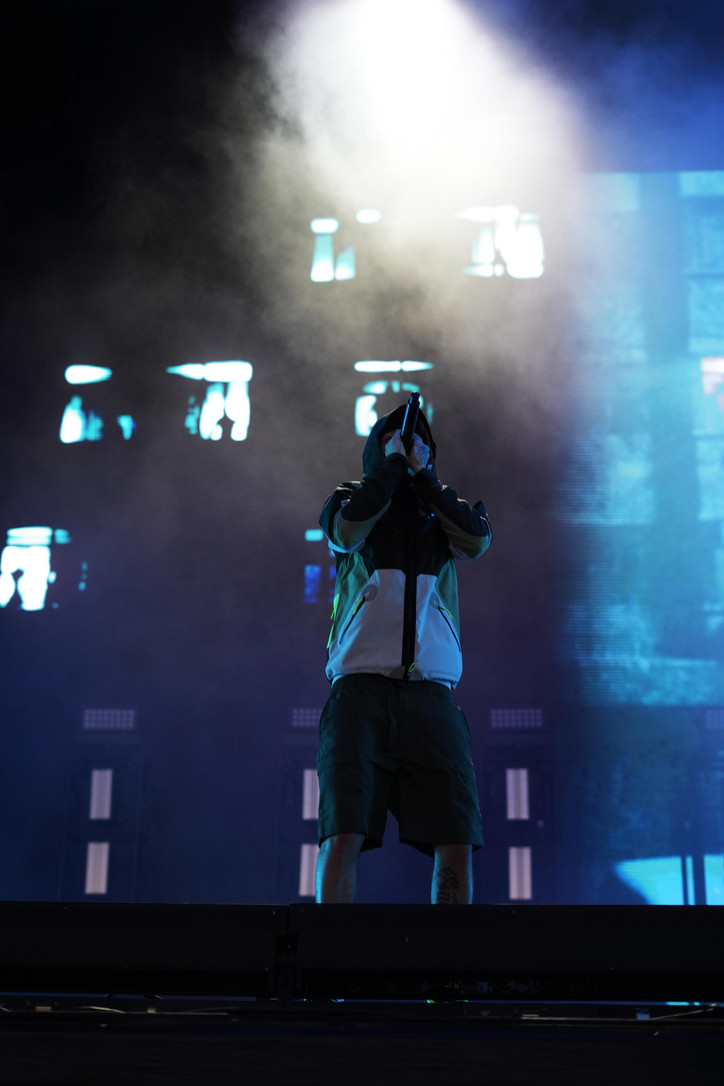
Check out some moments from Western Australia's first Wildlands festival below.
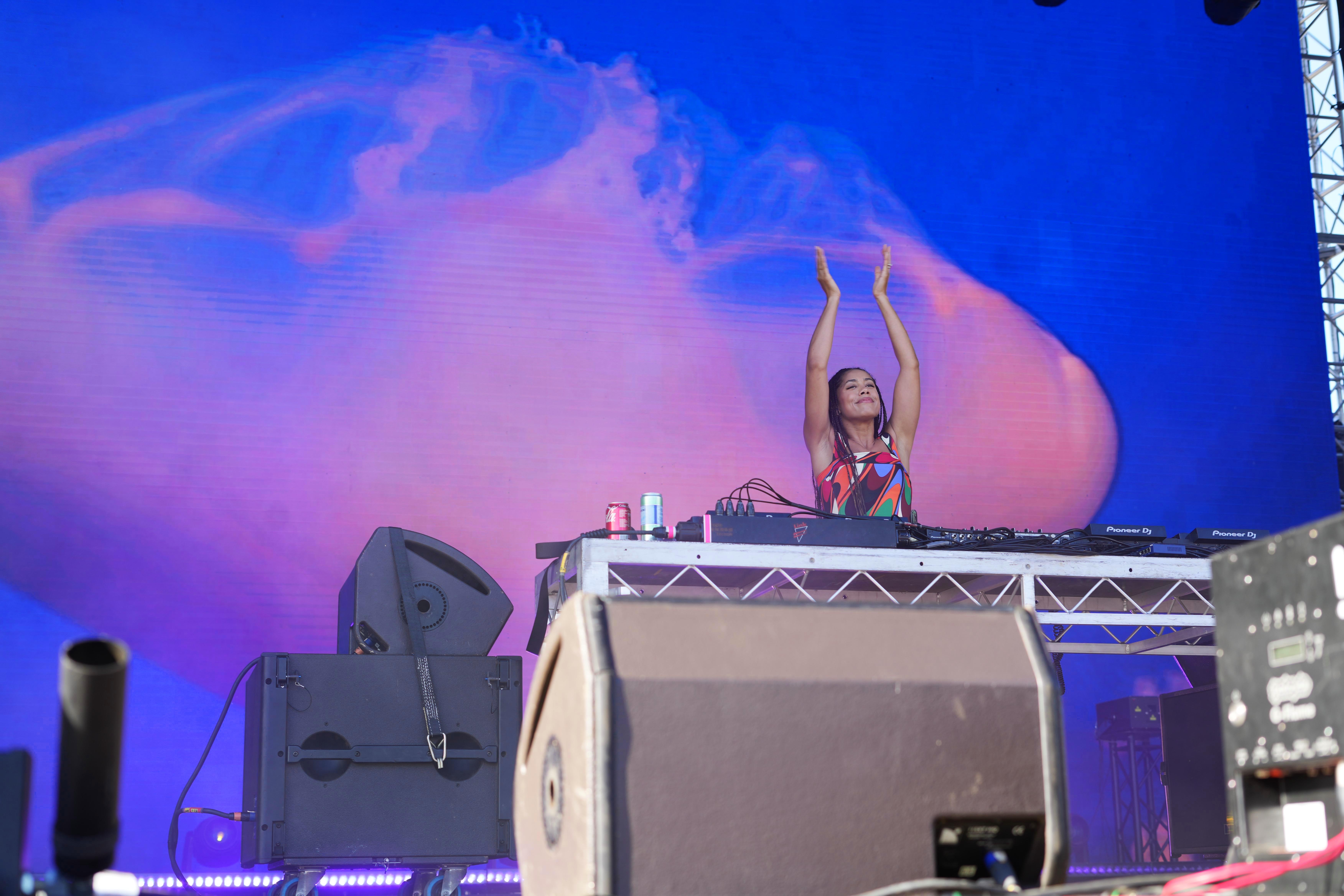
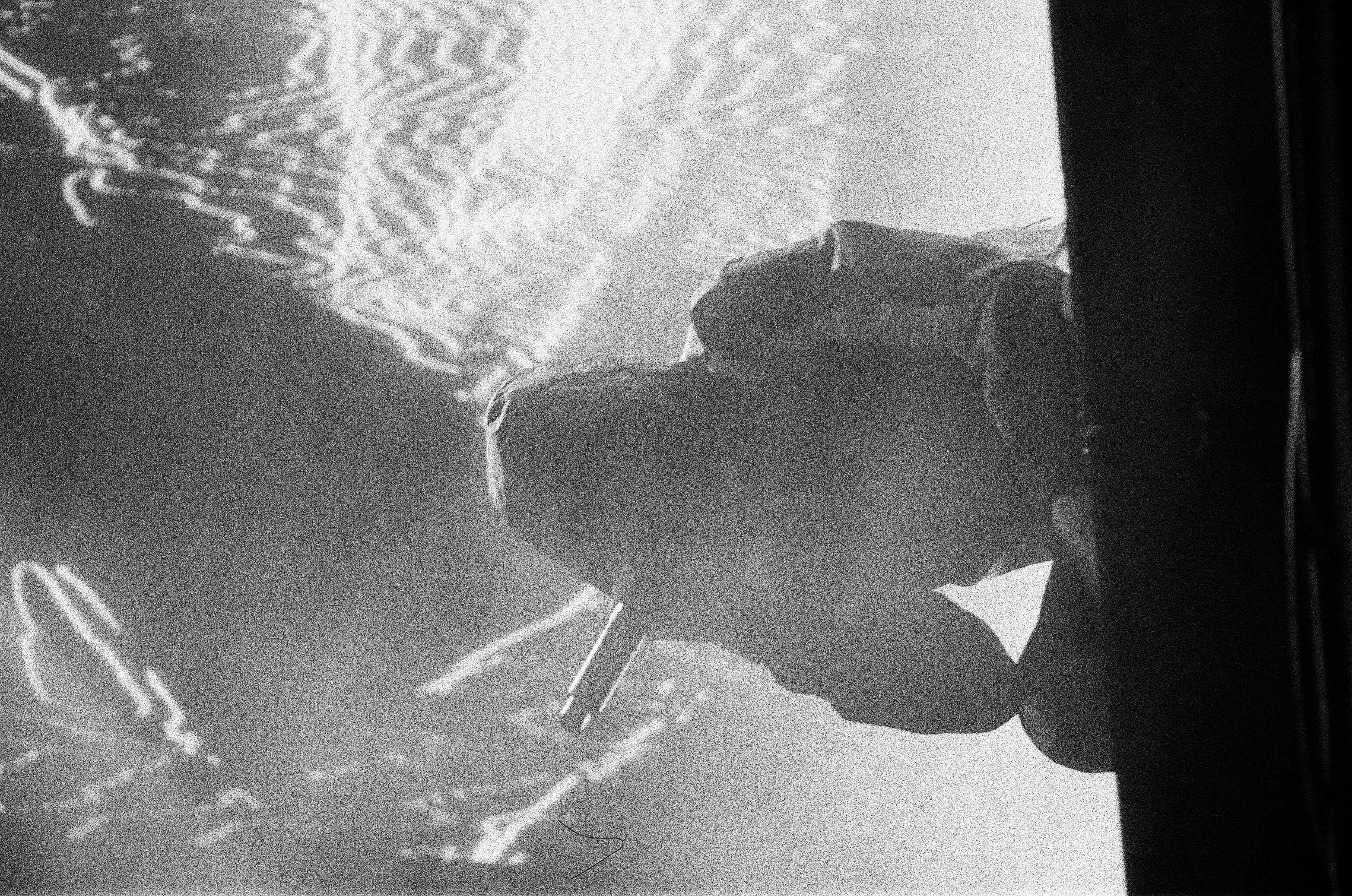
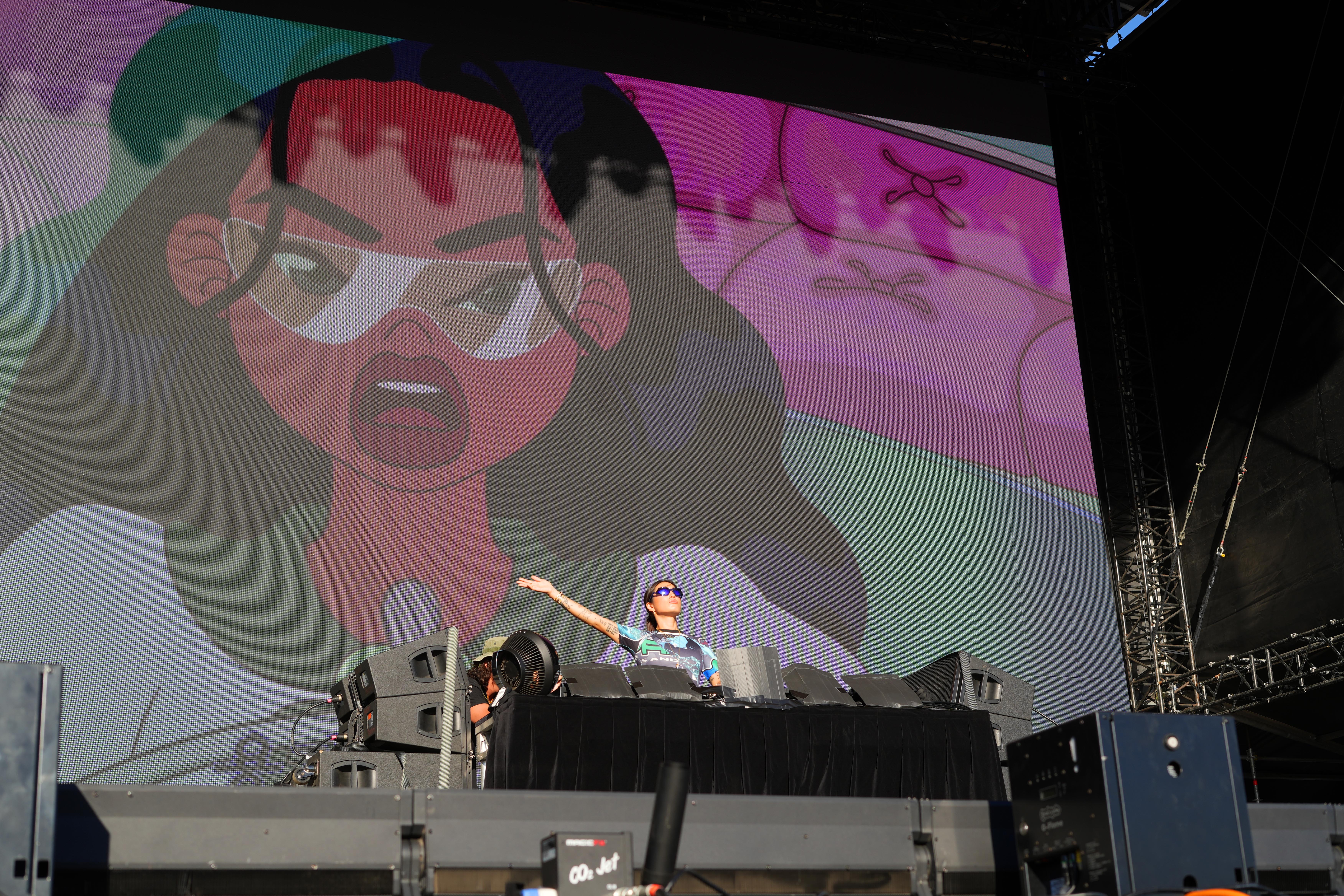
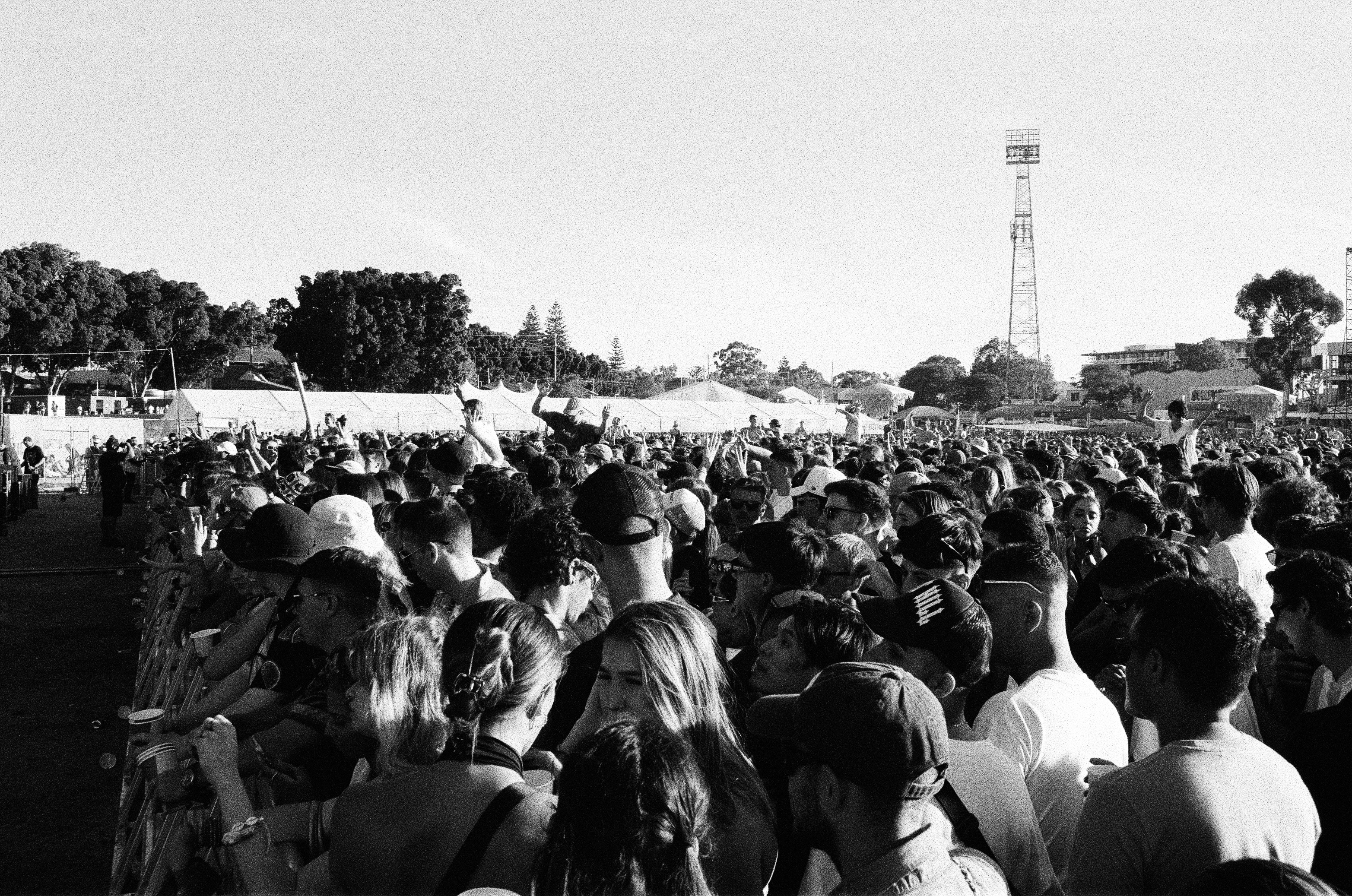
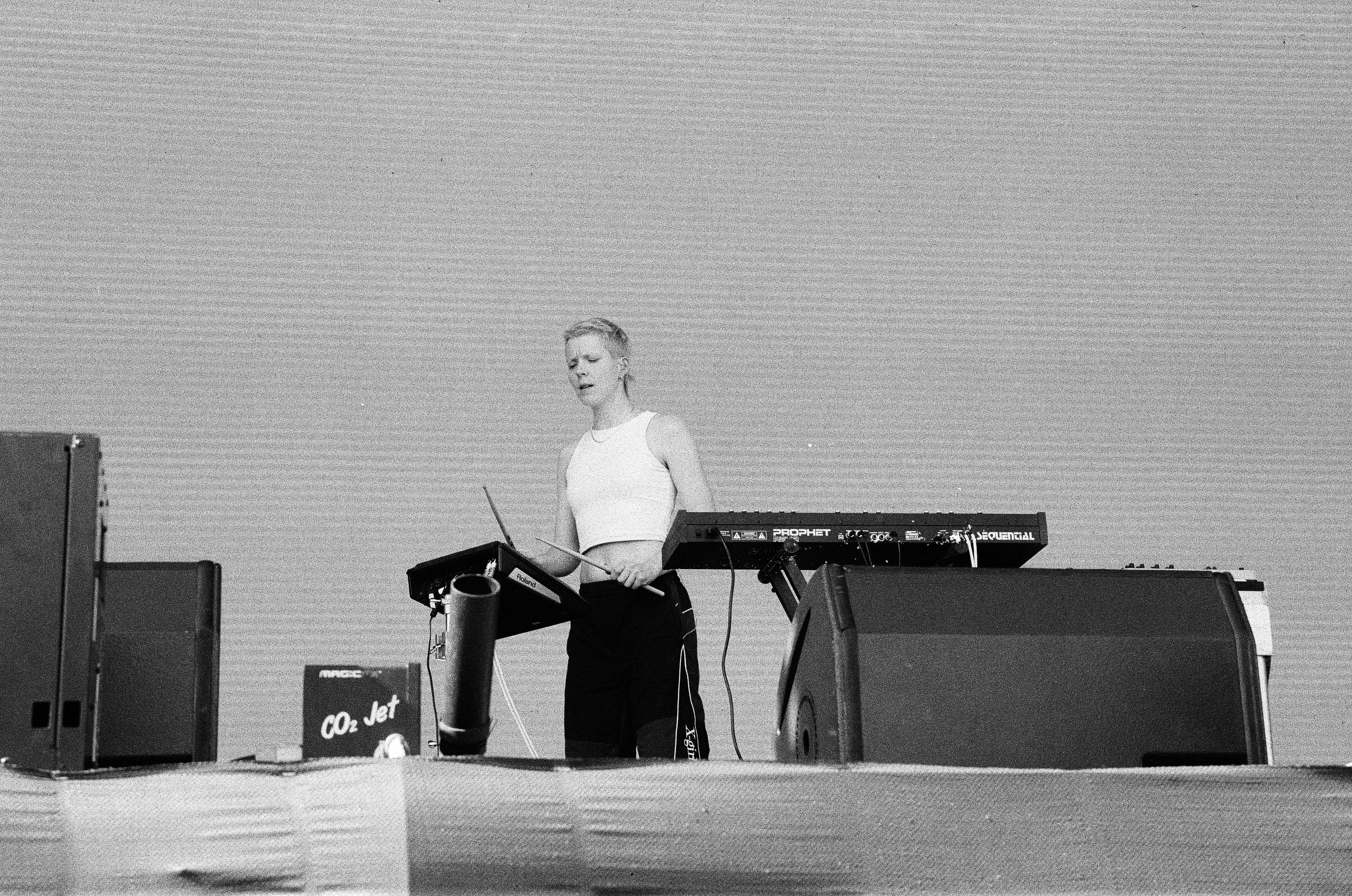
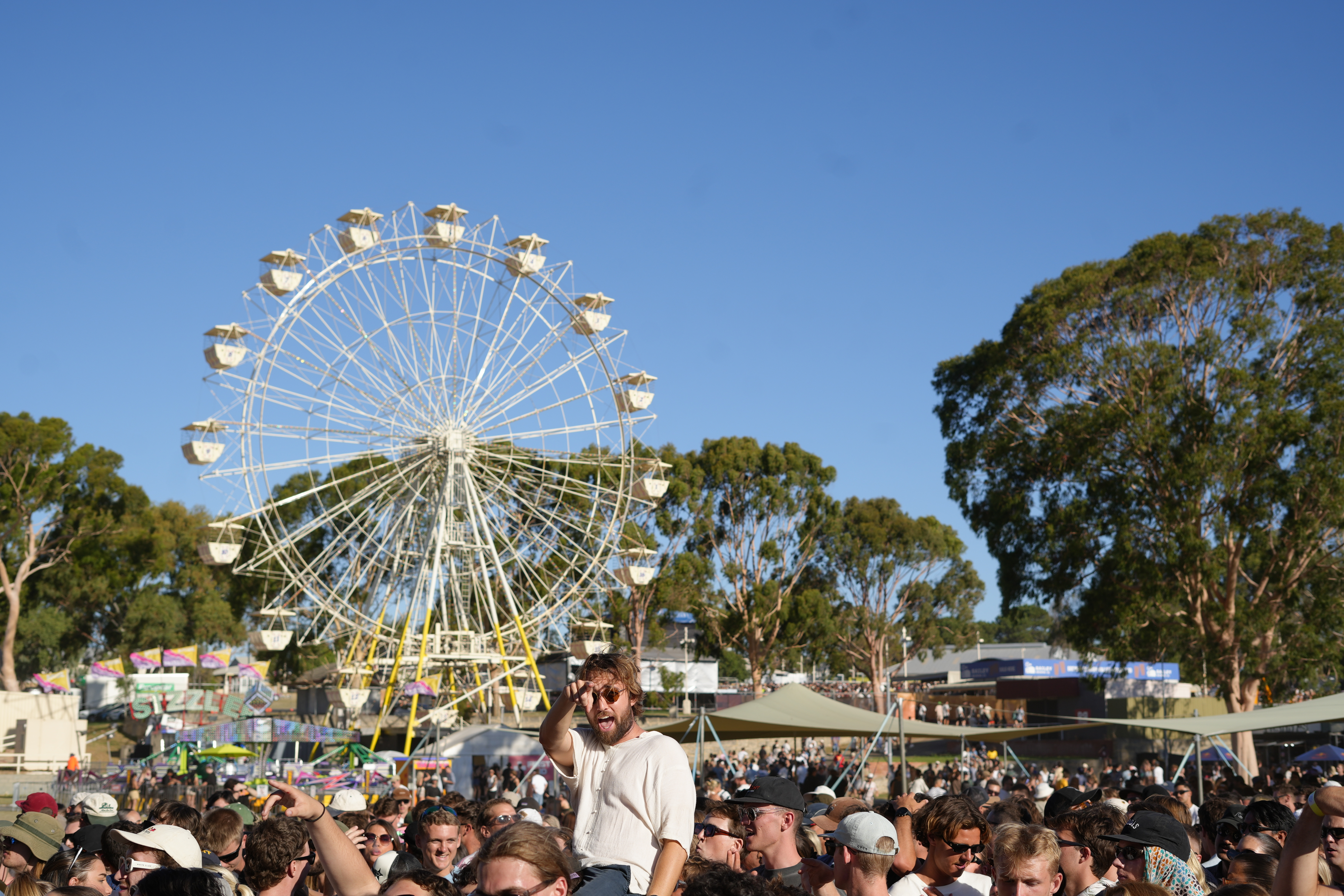
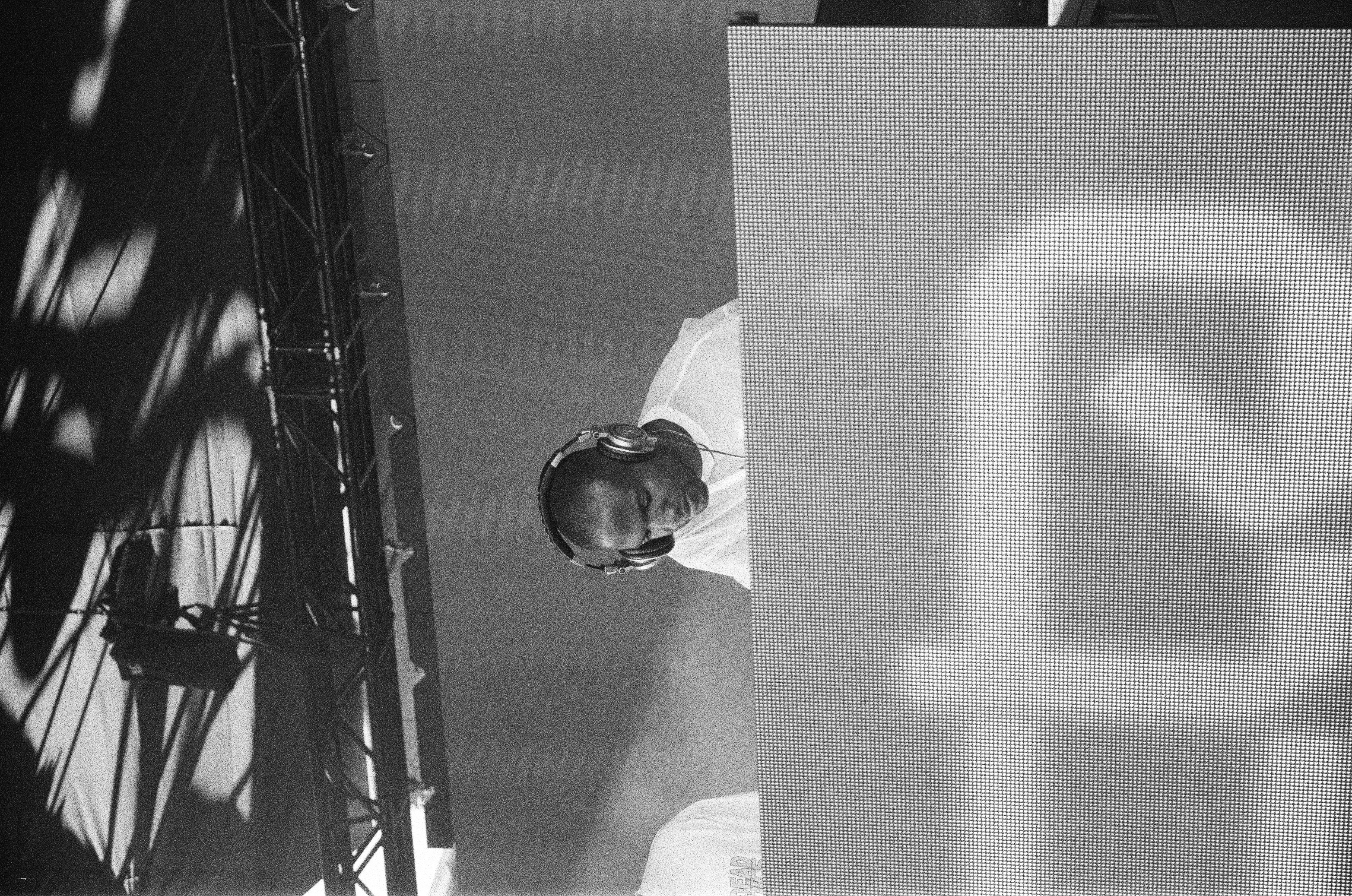
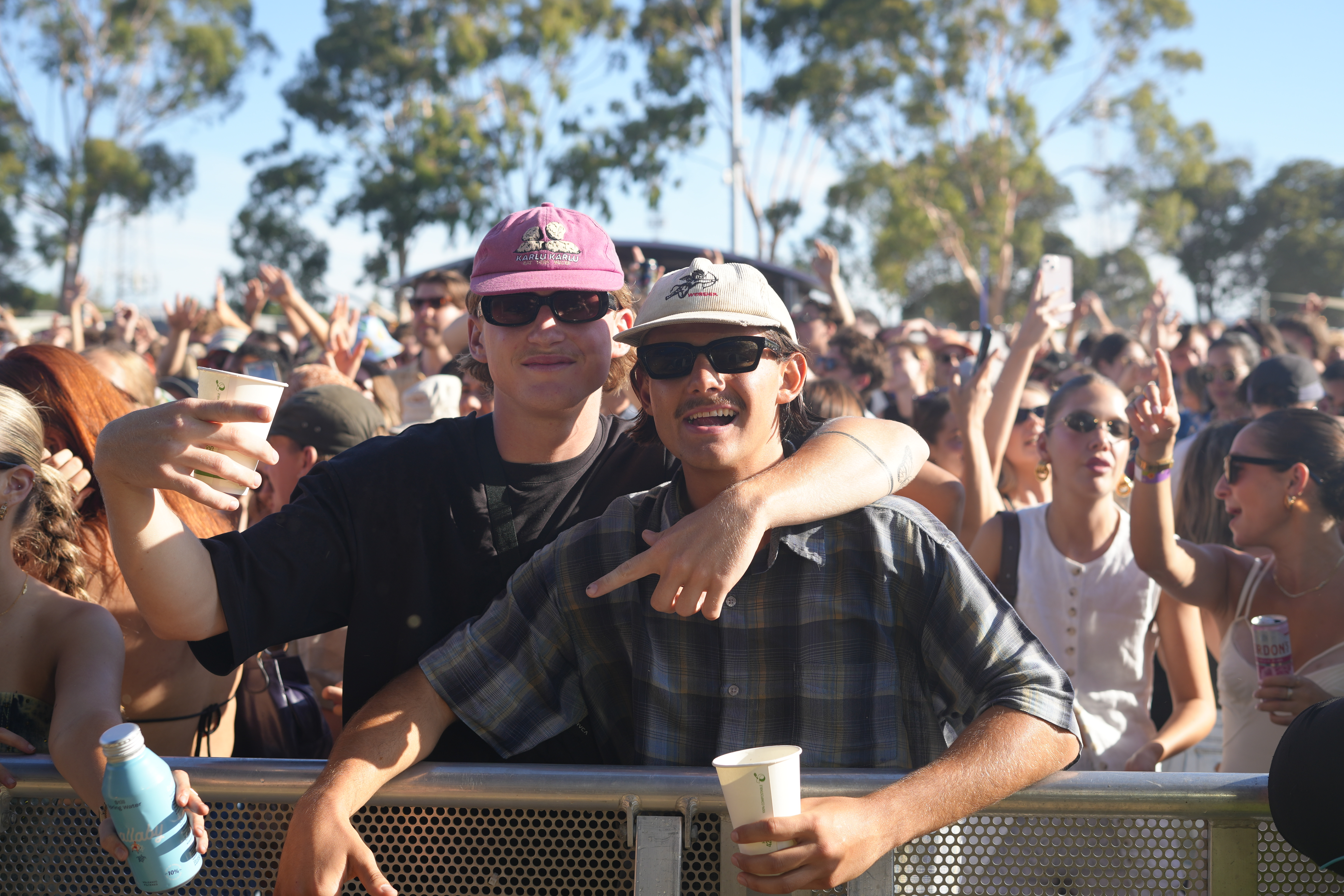
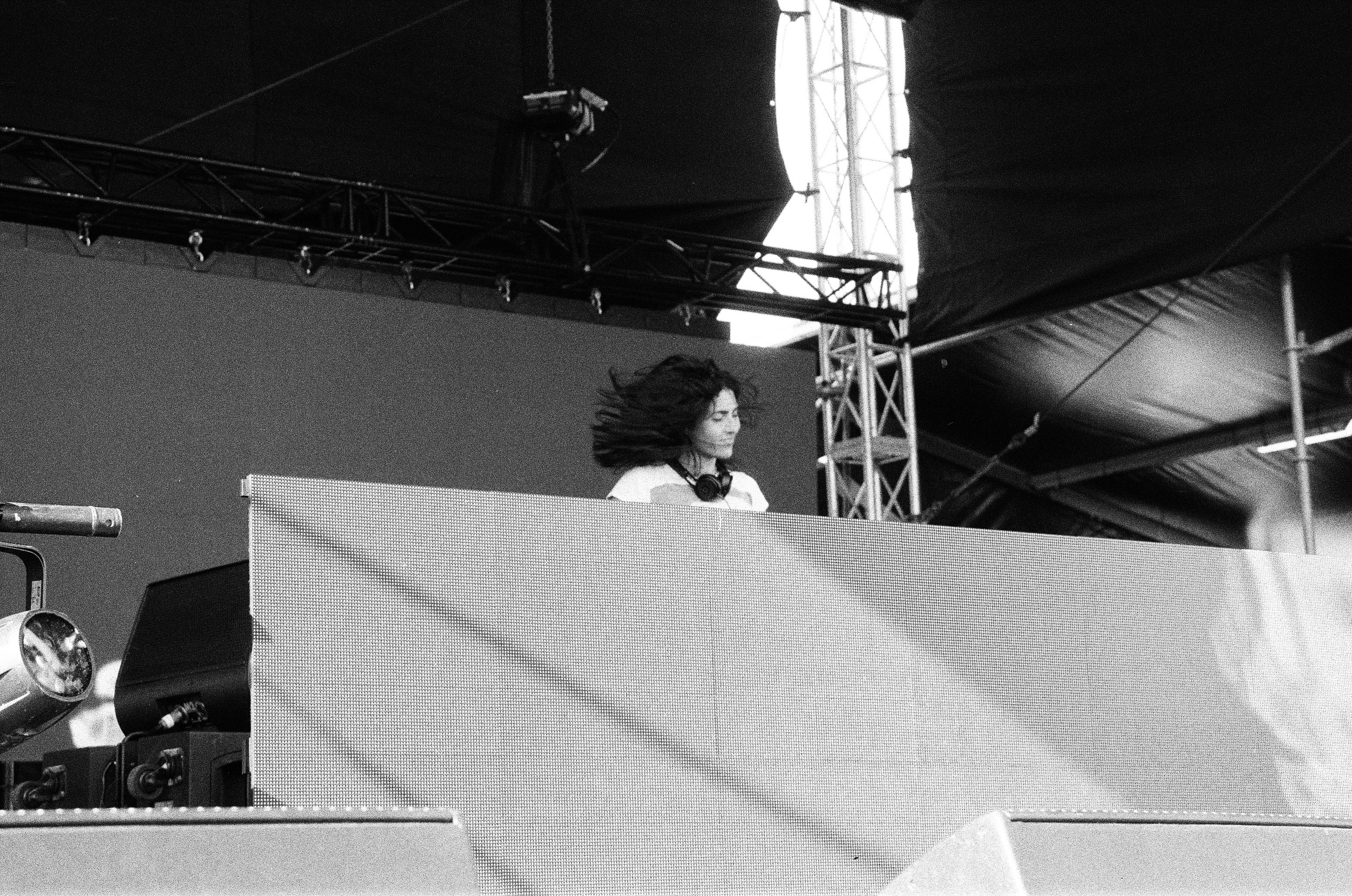
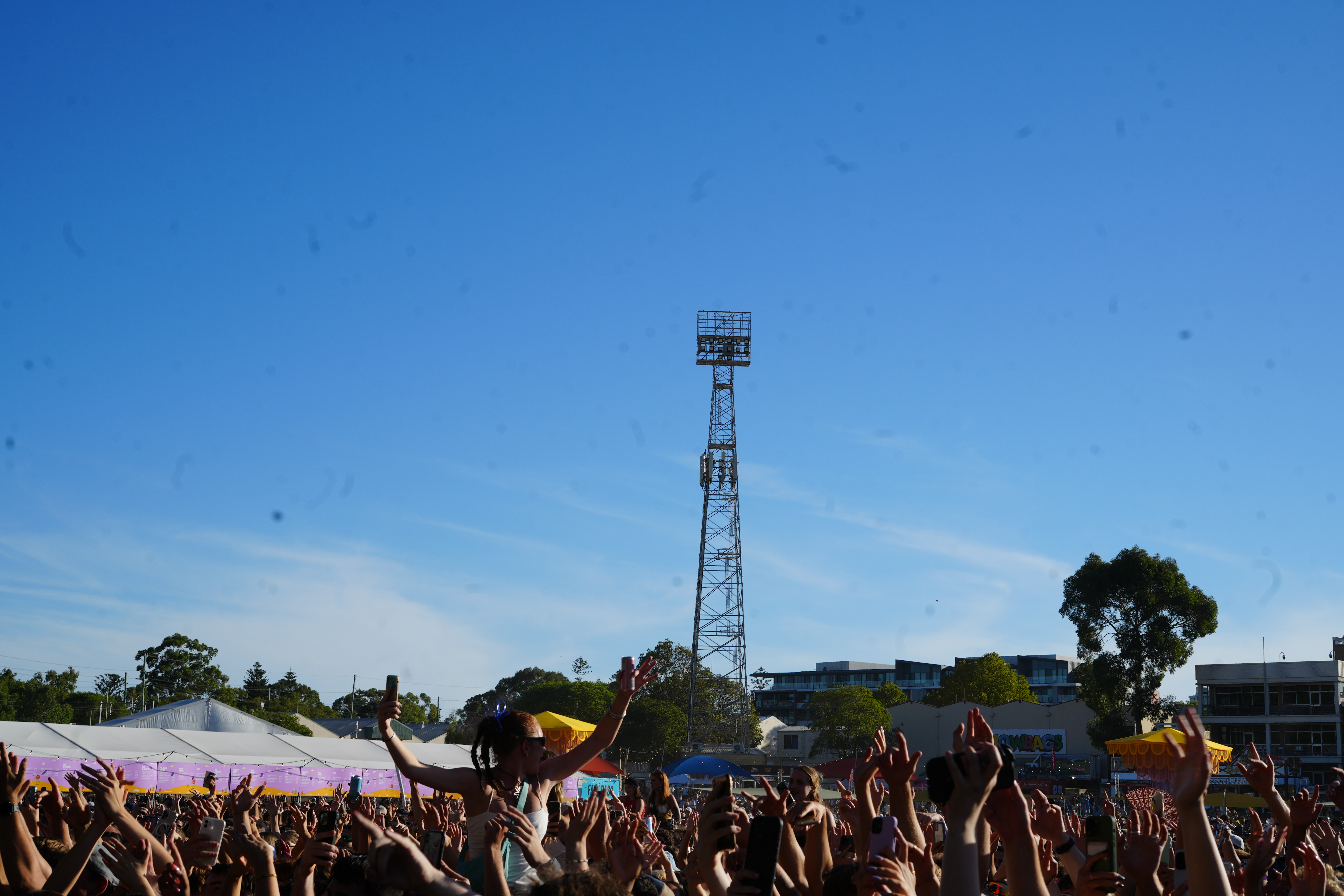
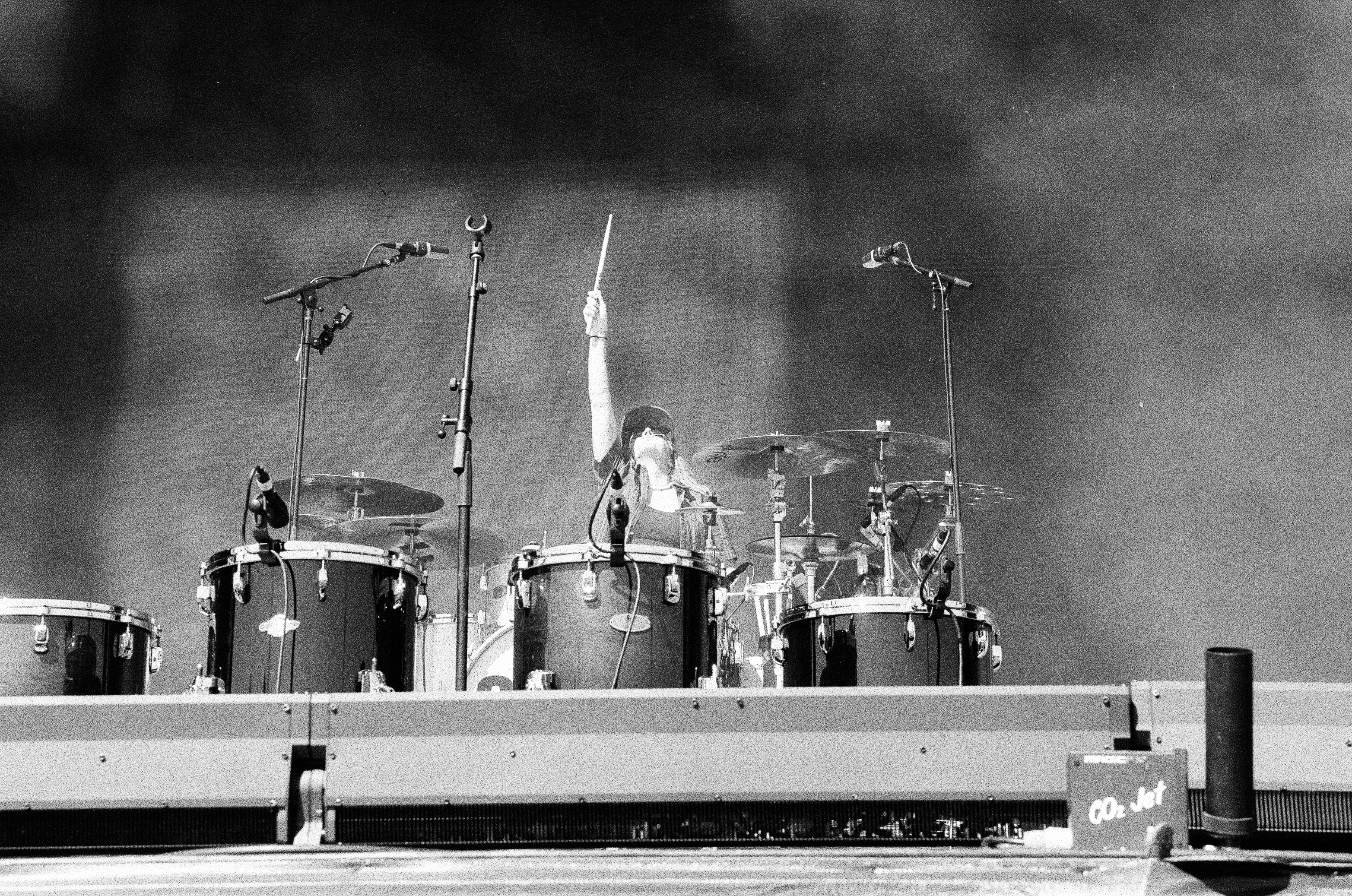
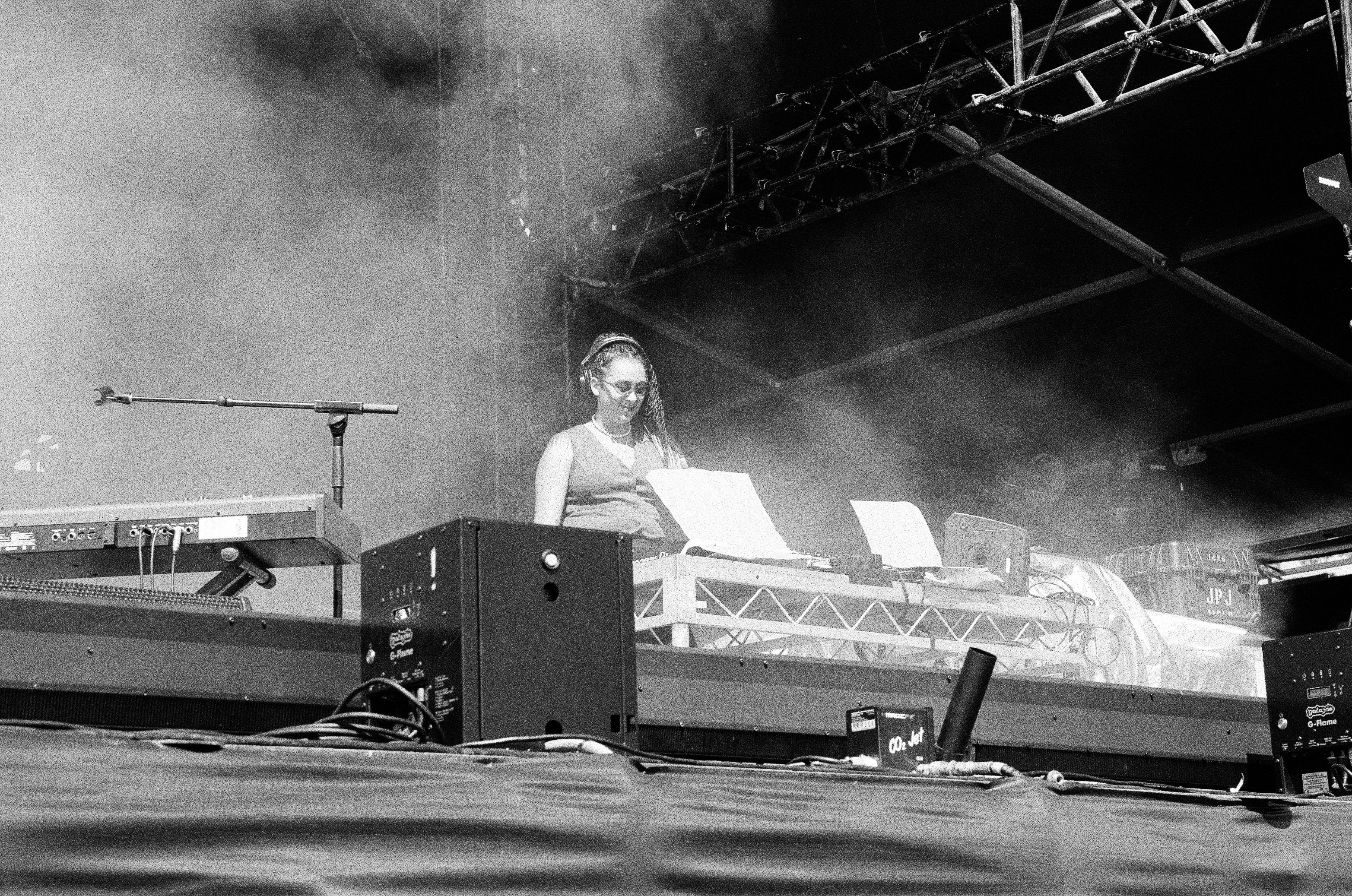
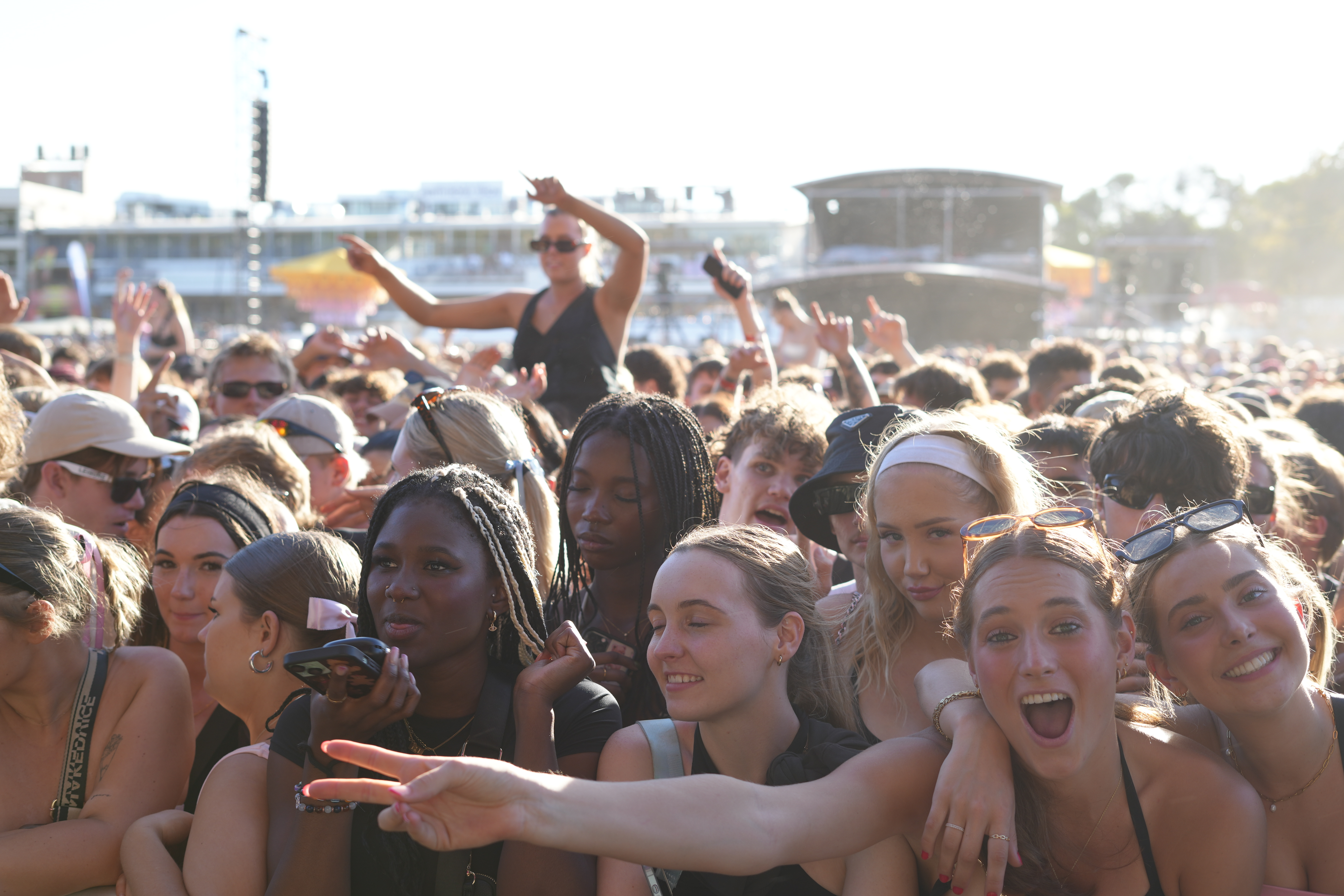
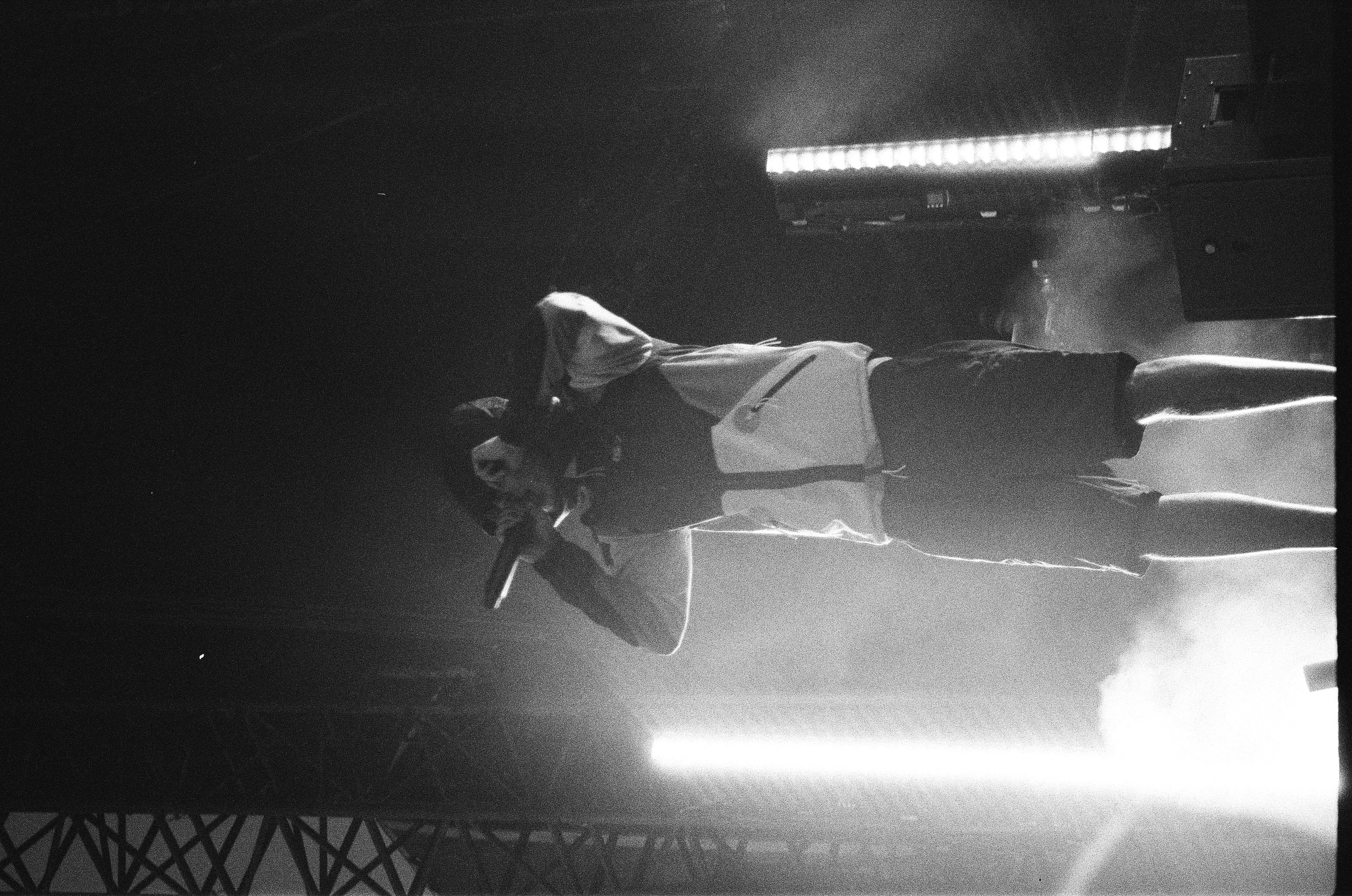
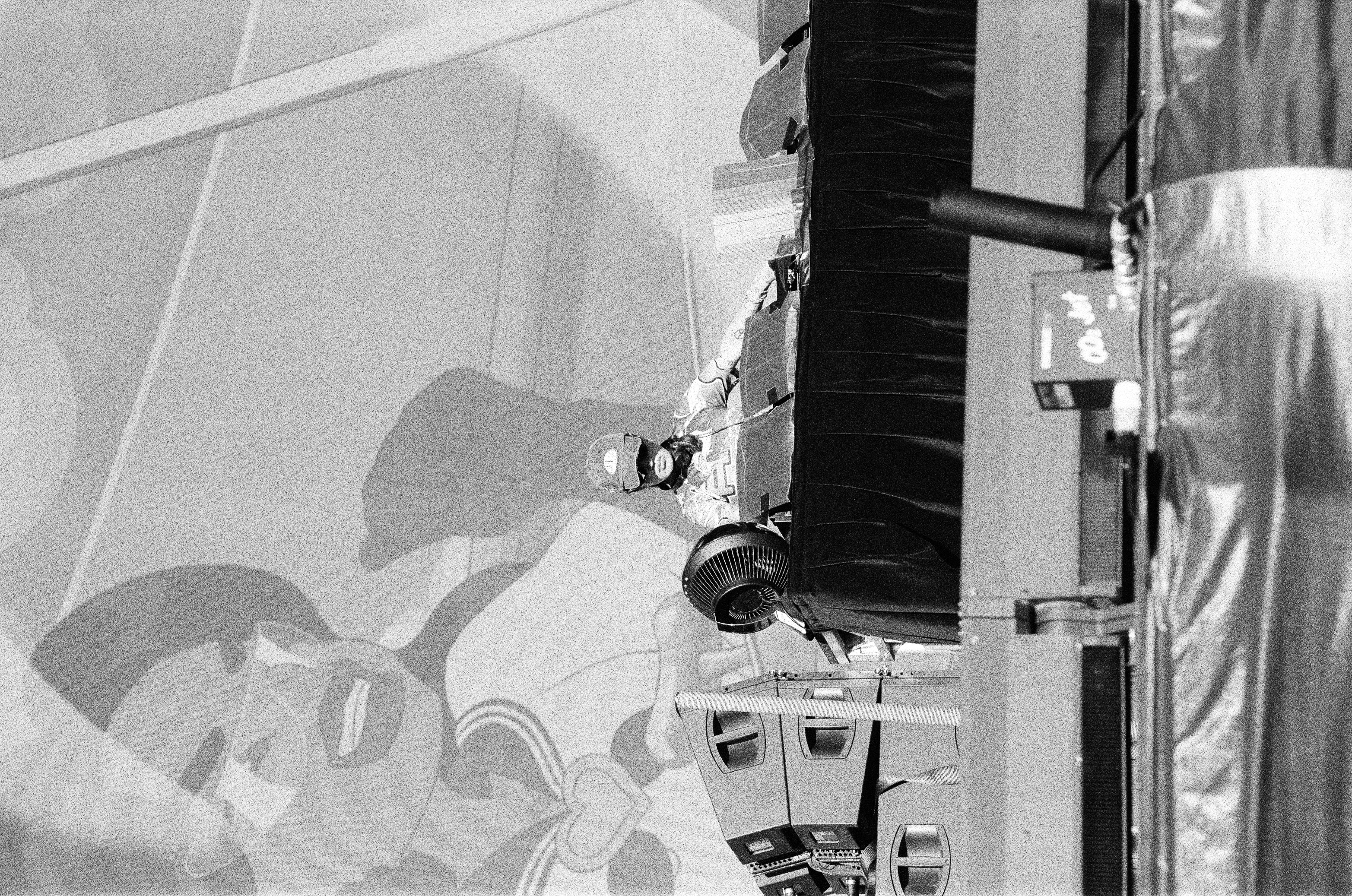
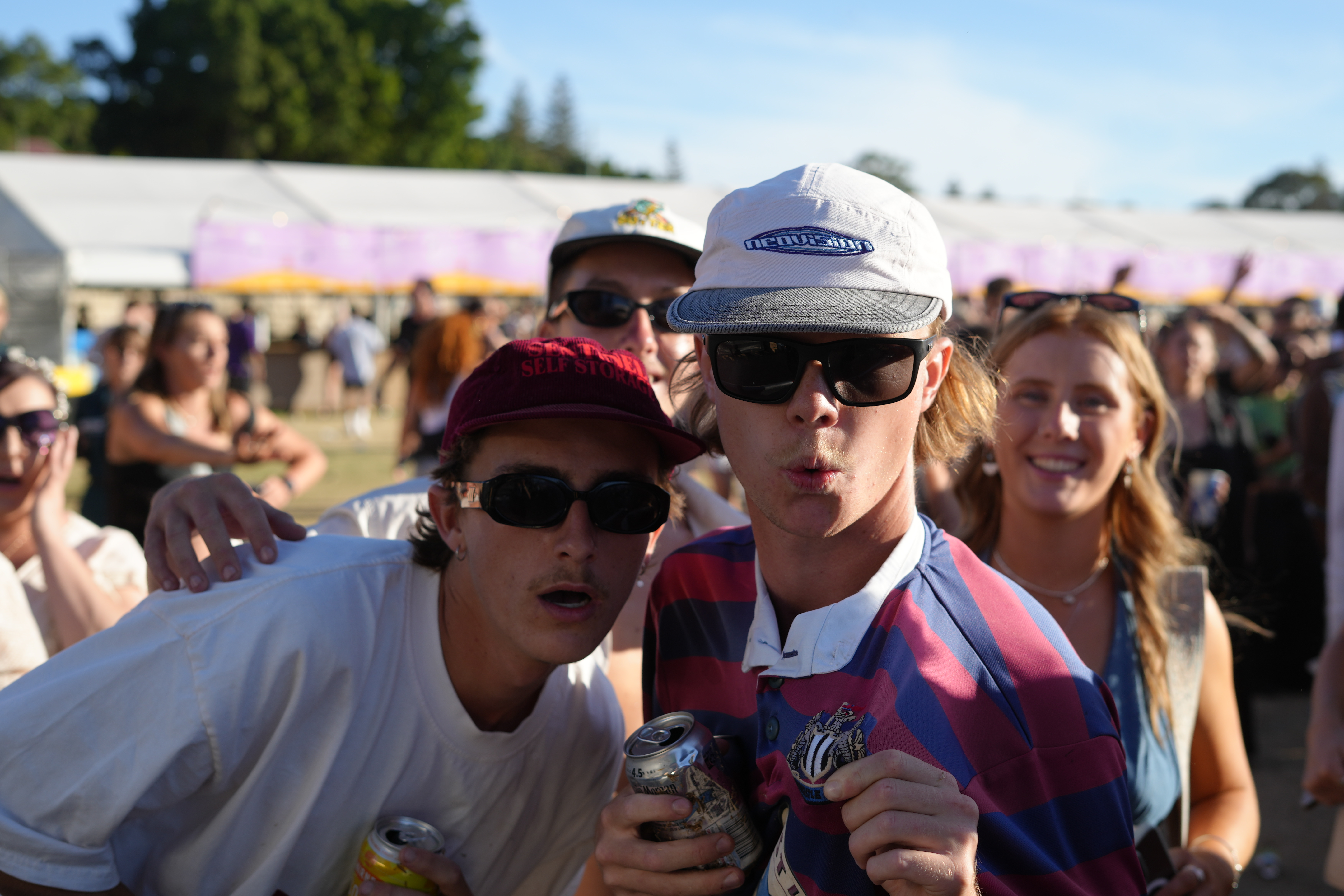
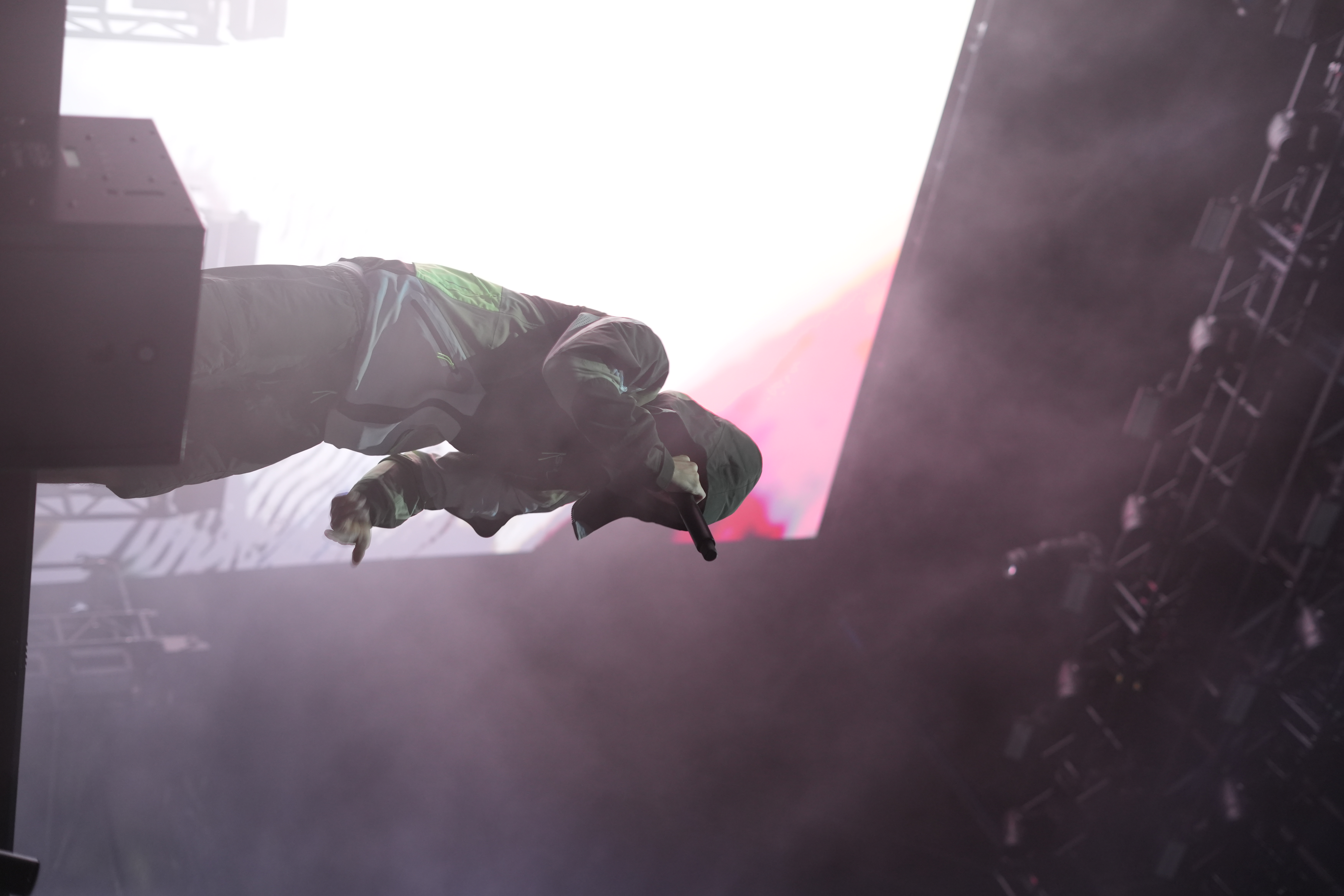

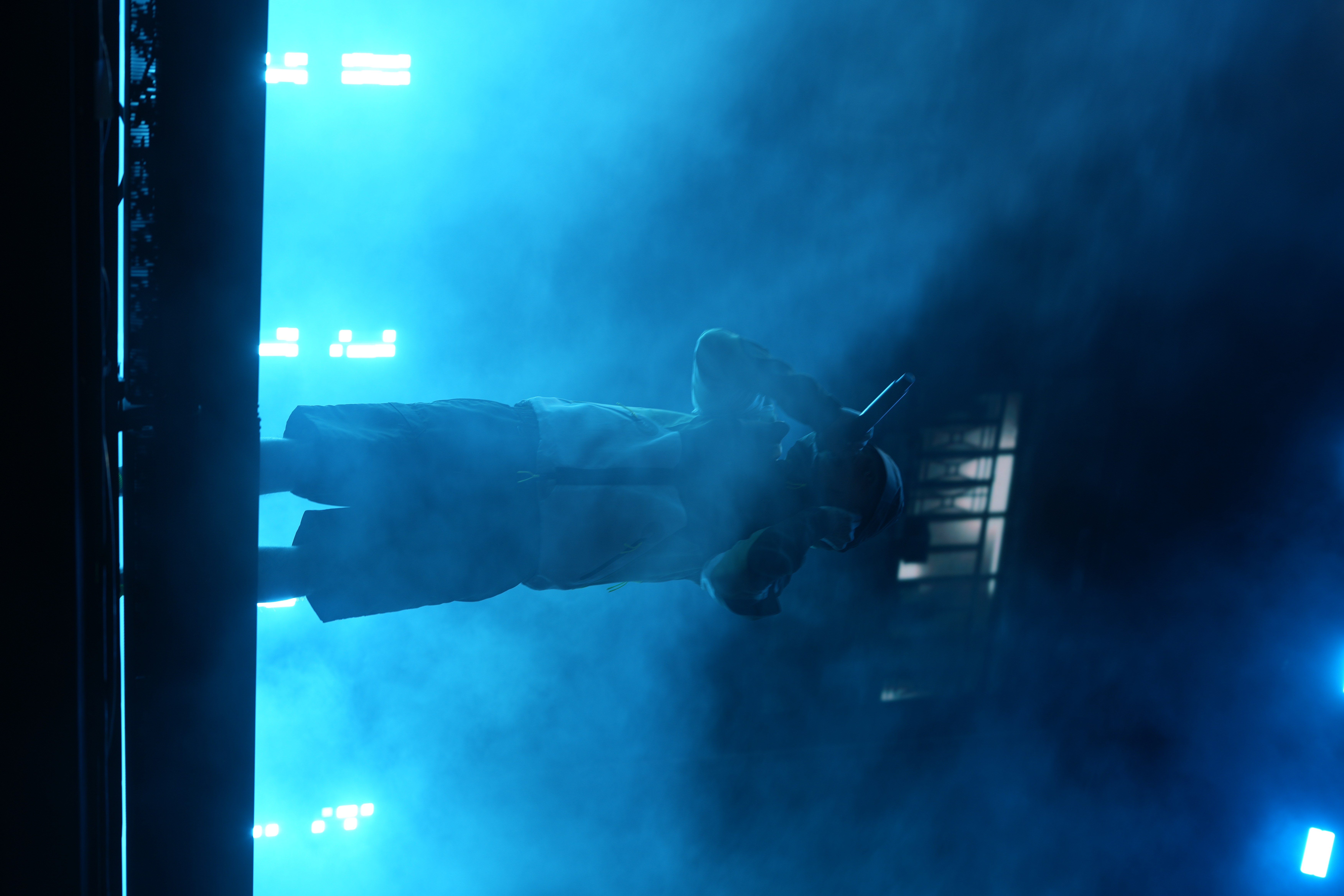
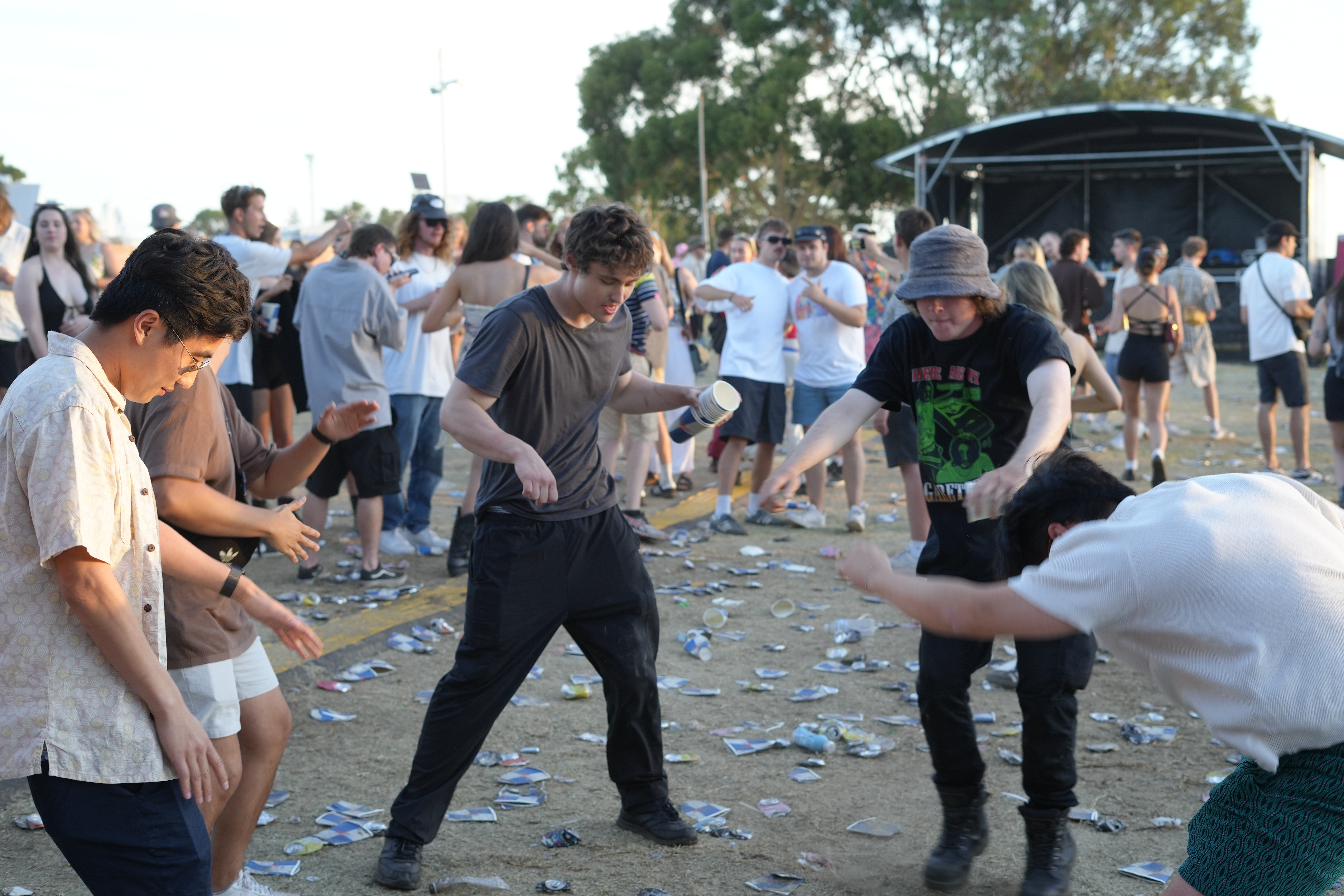
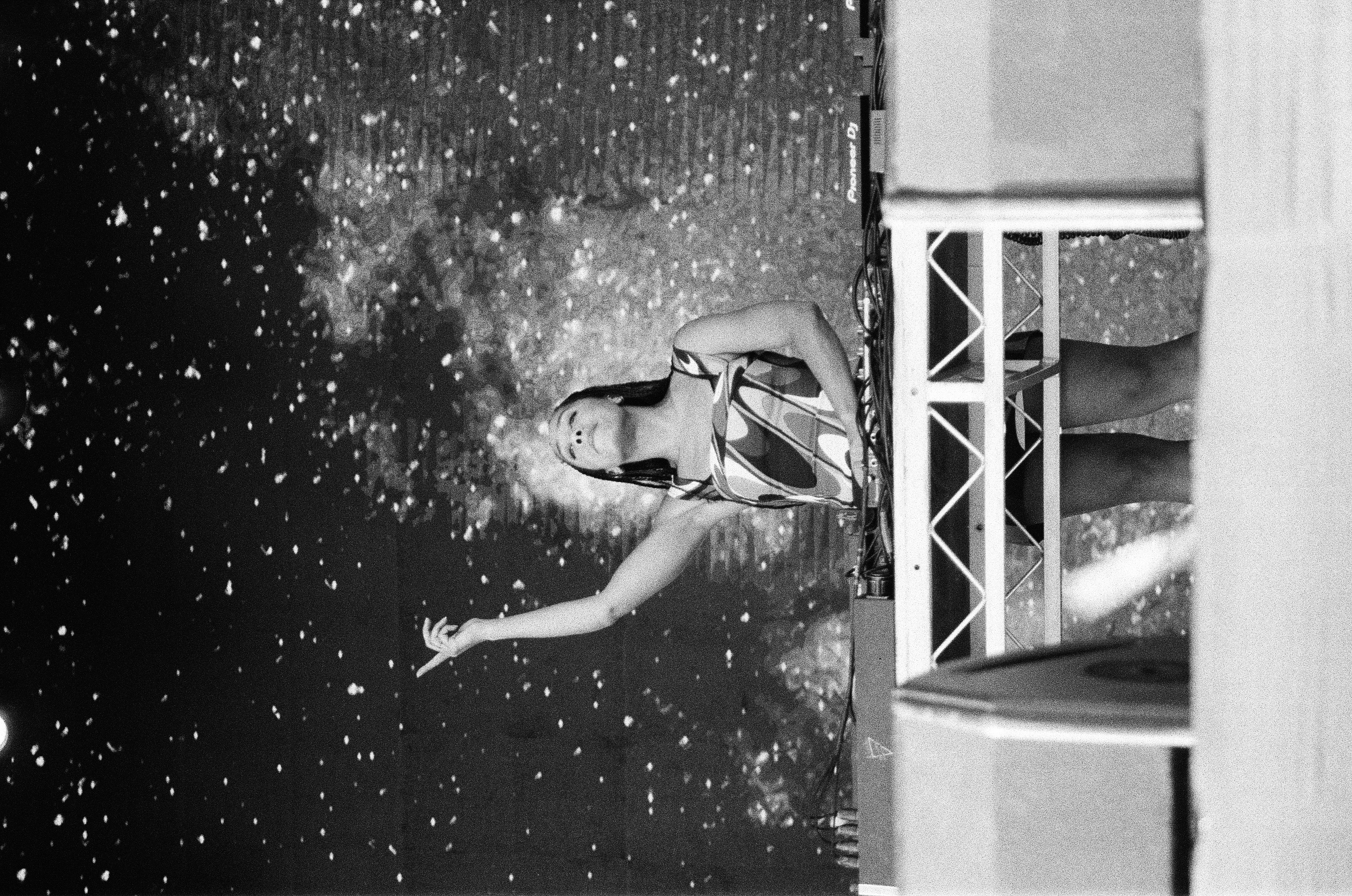
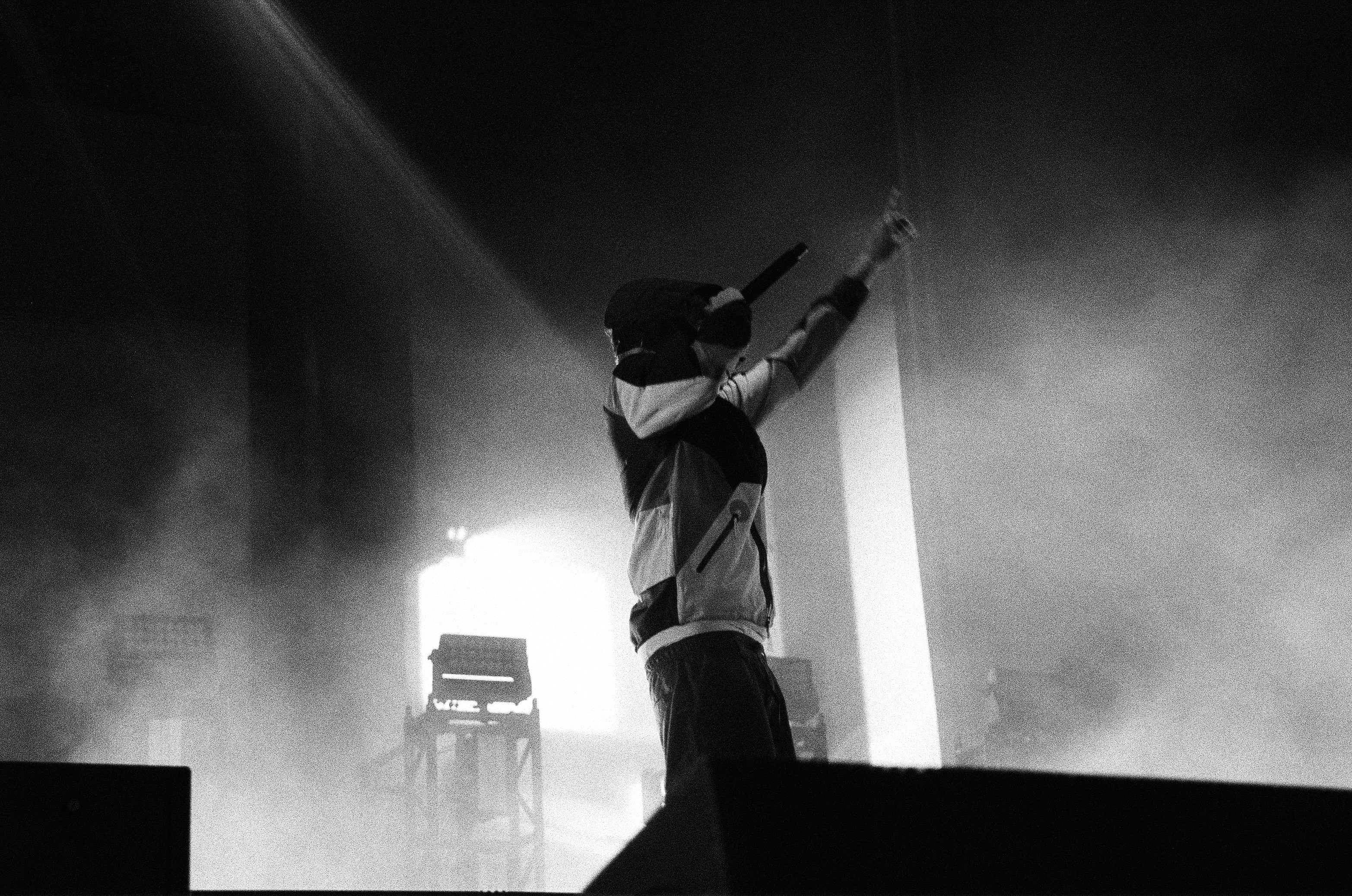
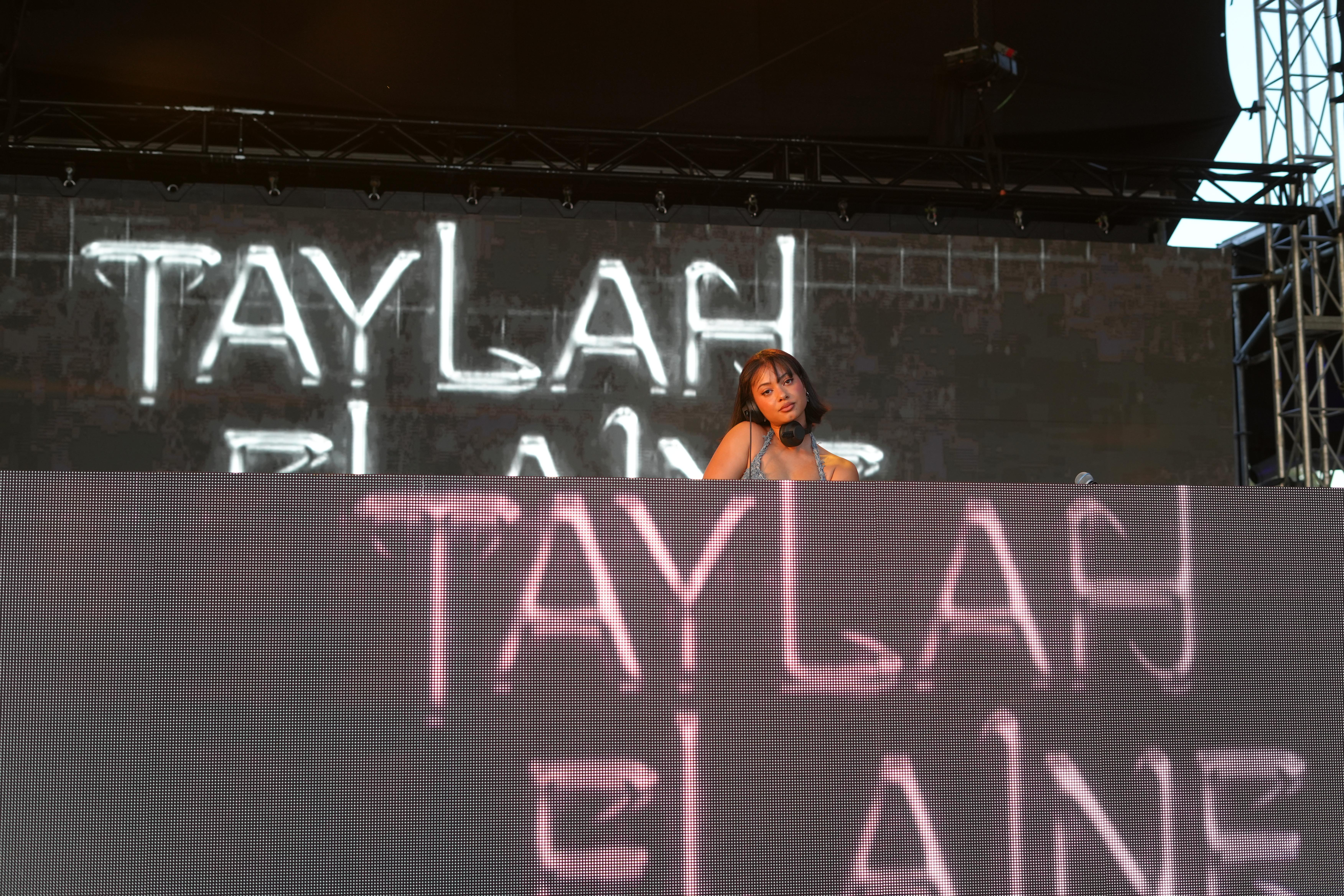
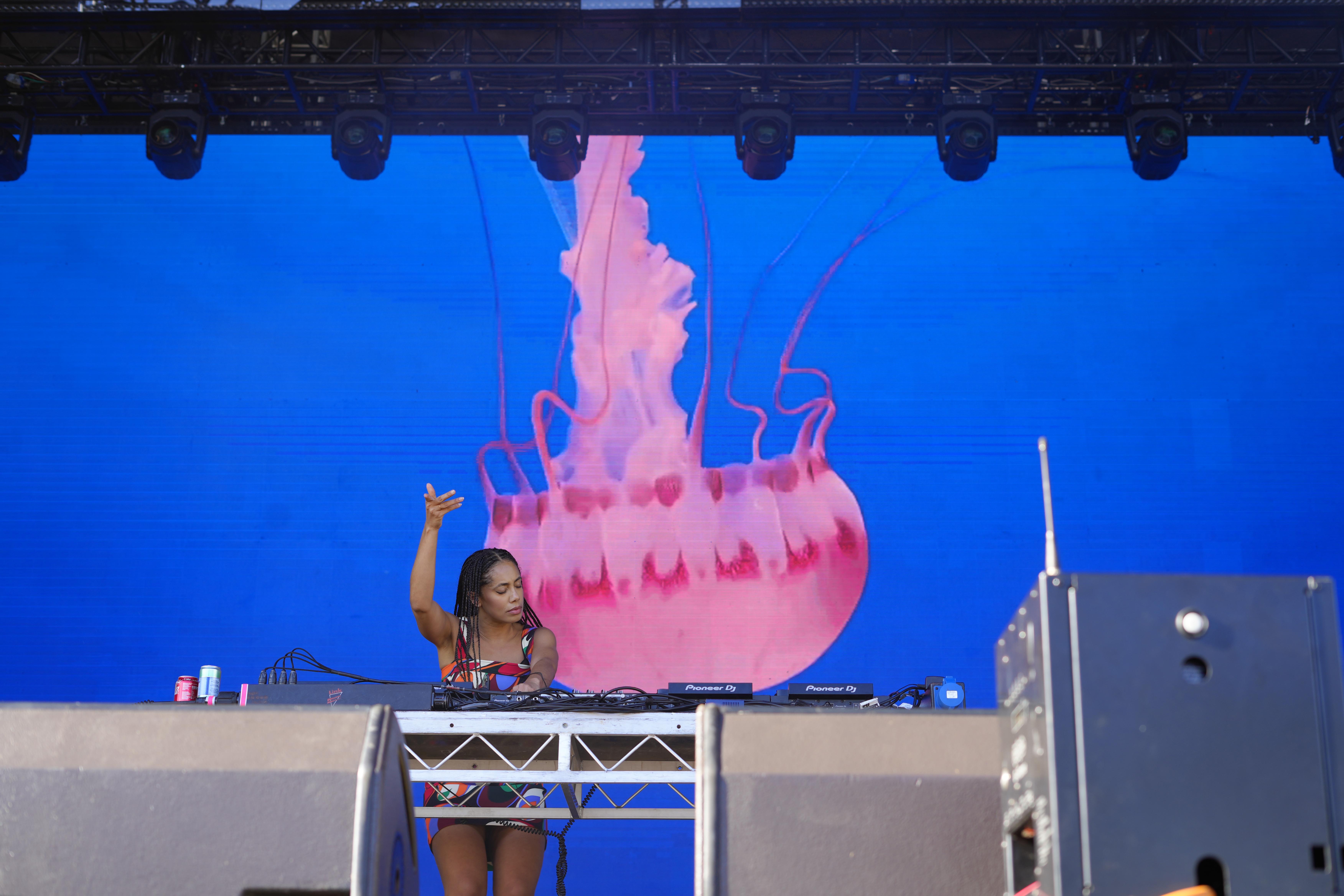
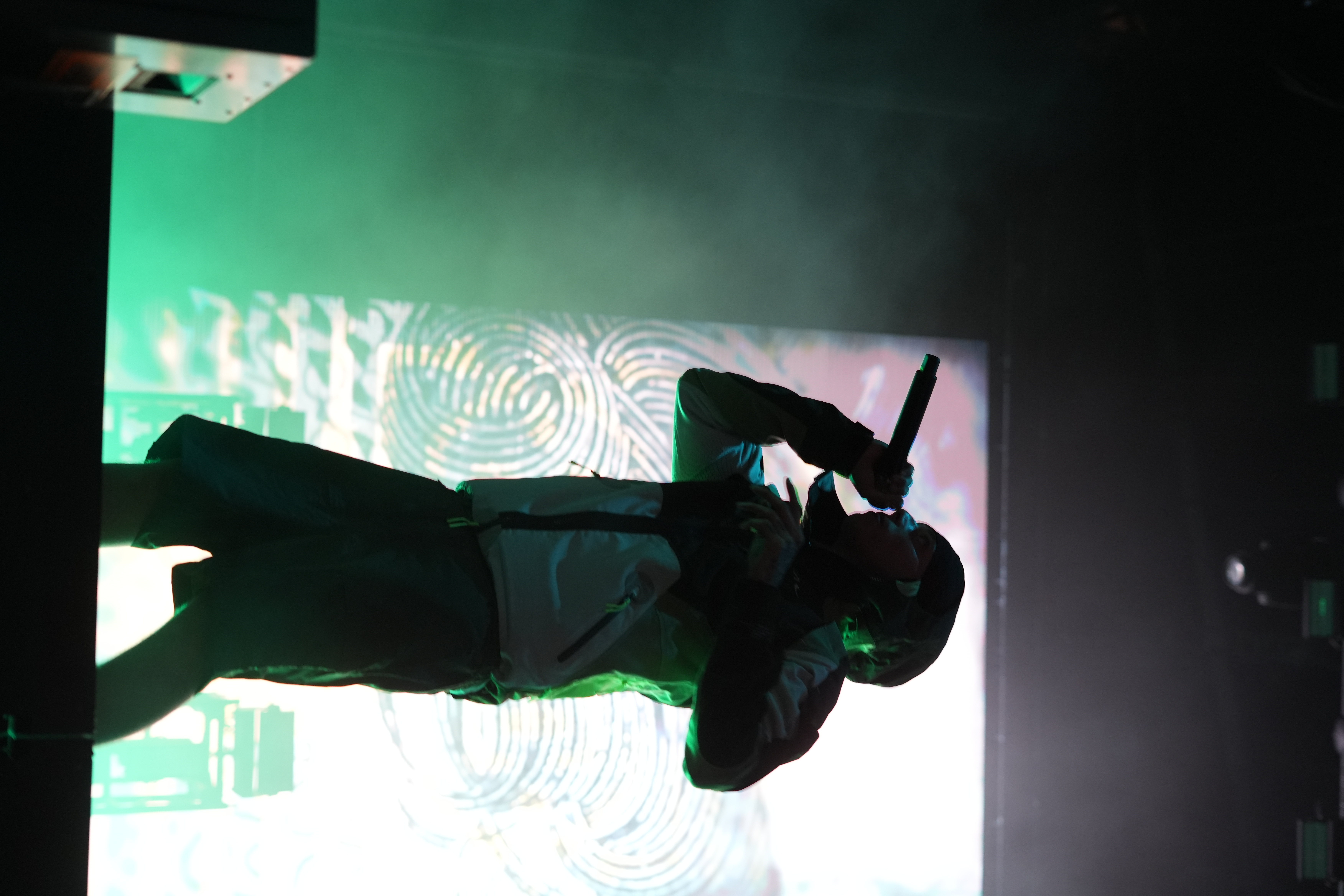
Stay informed on our latest news!

Check out some moments from Western Australia's first Wildlands festival below.

























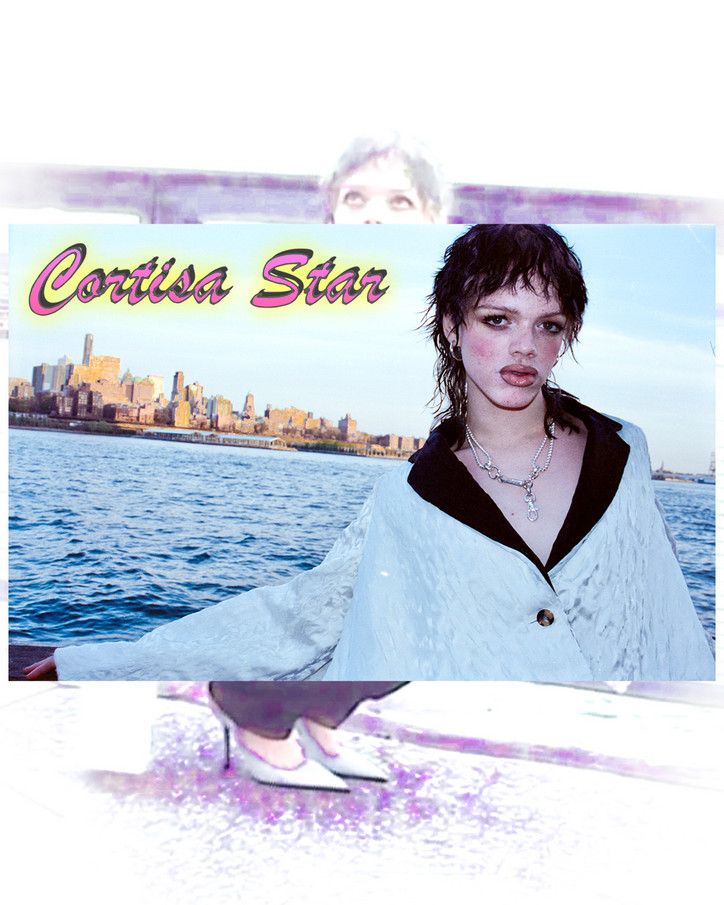
CORTISA wears JACKET by LOEWE, PANTS by LOEWE, JEWELRY by MARTINE ALI, SHOES by DAVID KOMA.
I met Cortisa on a Wednesday morning. She was sat at the glam chair trying on wigs without any makeup on. Star’s freckle-filled face was bright and warm, her attitude kind and easy-going. The moment I faced my camera towards her, I couldn’t take it off. I was struck by the delicacy of her character, both gentle and attentive, yet fueled by something else, something more subconscious — that shot to the surface the moment she knew it was time to perform.
Continue reading for more from the girl who always leaves you wanting more...
LIV SOLOMON— Hello? Can you hear me?
CORTISA STAR— Hello, how are y'all doing?
Hi! Good, how are you?
I'm good. I'm in Delaware.
Oh, no way!
I have to get my passport.
When did you end up leaving New York?
I think I left Sunday, or Monday, and then I went to Atlanta the next day.
Bus, club, another club.
Exactly.
When I first saw you for the shoot you had driven up from Baltimore that morning. I'm curious how the rest of your time in New York was?
It was pretty chill. I kind of just chilled around, did some more interviews. I really don't do too much, honestly.
Well, I got to run into you at the Miu Miu Tales & Tellers exhibition, and saw you were at some Met Gala afters.
[Laughs] Oh… Yeah!
Did you have a favorite look from the Met Gala?
I really loved Janelle's look. She looked crazy good, especially on the stage, because I was right in the front. It was incredible.
So you're from Baltimore, but you grew up in Delaware. I saw in an interview that you moved from Delaware to Baltimore on a whim— at midnight on Halloween, after a trip from New York…
Yes, it was so random. My sister called me and told me to go there, and I just actually went.
Do you feel like the New York trip influenced your decision to move, or was it just your sister calling at random?
My sister calling really cemented it. She told me to move in and I said, “okay.”
Have you noticed a difference in the music you're making since you moved to Baltimore?
Yes. I feel like I've been freer to express myself in Baltimore, and I'm around so many more creatives and people who make music. It's definitely influenced me.
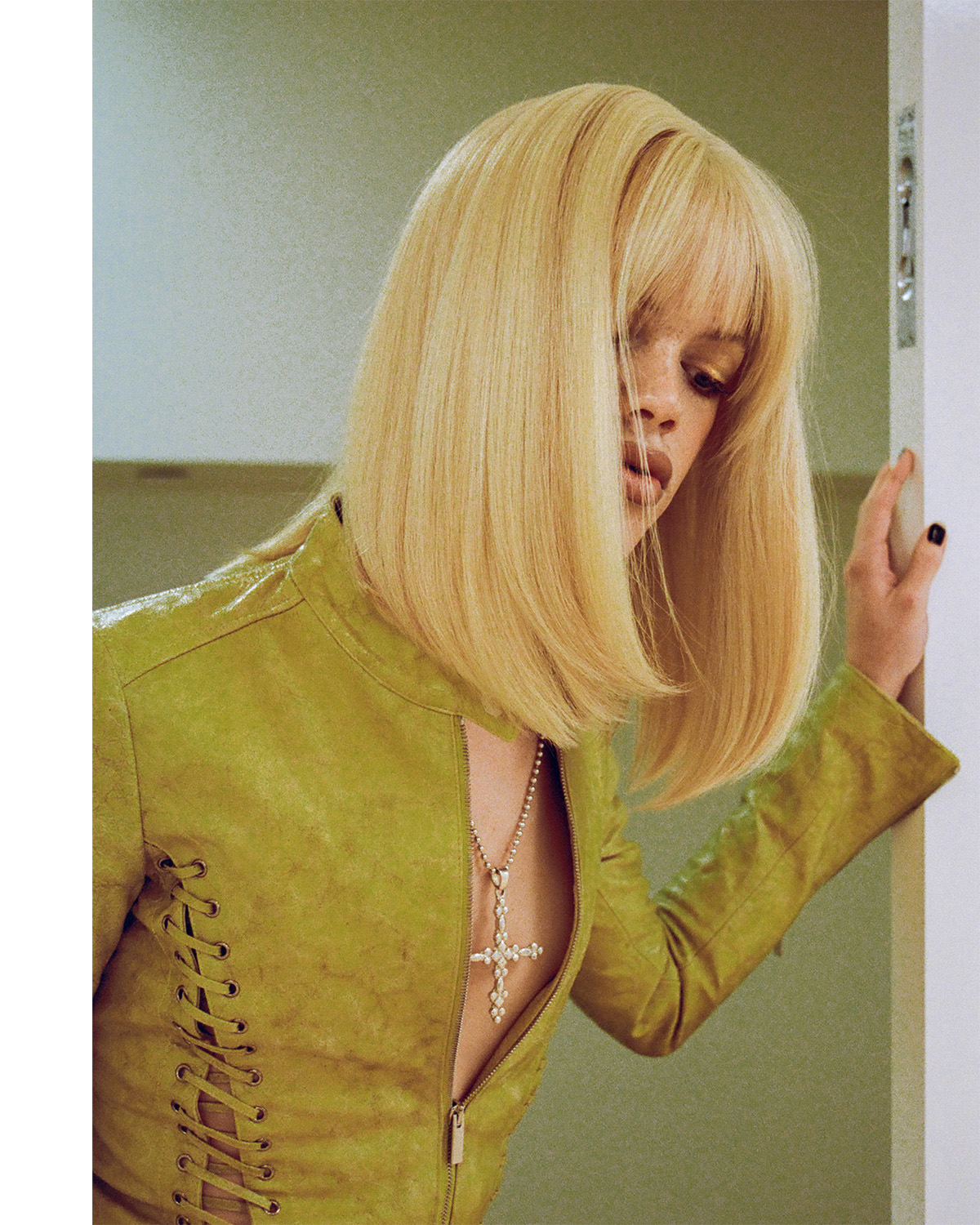
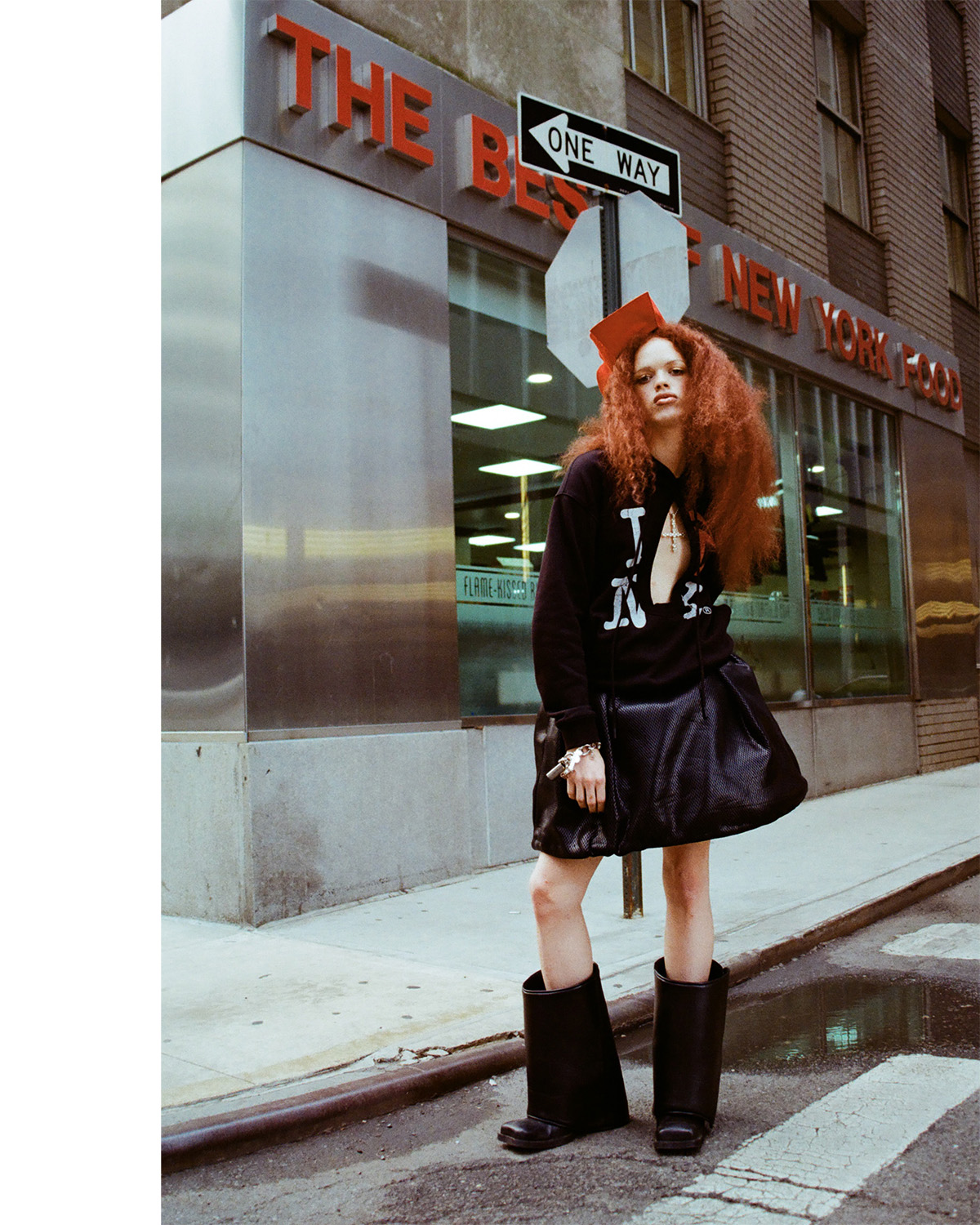
LEFT: CORTISA wears JACKET by BLUE MARINE, SKIRT by KIM SHUI, NECKLACE by MARTINE ALI, SHOES by PARIS TEXAS.
RIGHT: CORTISA wears HOODIE by TELFAR, SKIRT by ISEDER, NECKLACE by MARTINE ALI, BRACELET by VAQUERA, HAT by MARNI, SHOES by GMBH.
You started making music in your room, and now you're working with a variety of people across different cities. What's it been like handing some of your control over?
Honestly, it's awesome. I can only do what my mind creates, and I love to see what other people can do. It's so awesome to see what we can put together.
Limitless! Do you ever still make music on your own?
Yes, I have a little at-home studio set-up.
Do you ever miss the Chromebook?
I miss the Chromebook all the time!
You’ve said that social media was an escape for you growing up in Delaware. Who were some of the first people, or accounts, you discovered that helped you escape?
Growing up online, I really loved Kimya Dawson of The Moldy Peaches. I followed a lot of her music, it's very poetic. It really had me thinking…
Kimya’s approach to songwriting does feel like a different world. Do you feel like your relationship to social media has changed since those days?
Oh, yeah. I'm definitely a bit more distanced to social media. People are crazy.
For real.
They are insane. I don't know. It's twisted on the internet. It gets really cynical.
It's crazy! But it also seems like you have a really strong understanding of yourself. I saw this quote in the interview that you did with NME which I thought was really awesome, "I like logic a lot, and it's just not logical or beneficial for me to be anxious." I thought that was a really cool way to think about it.
You and I bonded over being Cancers on set, and my roommate is also a Cancer Sun, with a Taurus moon. I read that quote to her and she was like, what's Cortisa's moon sign!? Because that feels like a little bit of me. So I was like, I got to ask…
Let me open up my CoStar. I actually have this on deck now. I've been asked this so much. Let's see... My Moon is a Virgo.
Earth moon!
Rising Scorpio.
There's a great balance of crazy and grounded there. Do you feel like there's a public you versus a private you?
Honestly, no. I'm definitely not as crazy as the music I make. I'm pretty reserved IRL. I feel like I act the same online and in my interviews as in person... or I hope so. I pray.
I mean, from what I can say, I contend.
Thank you!
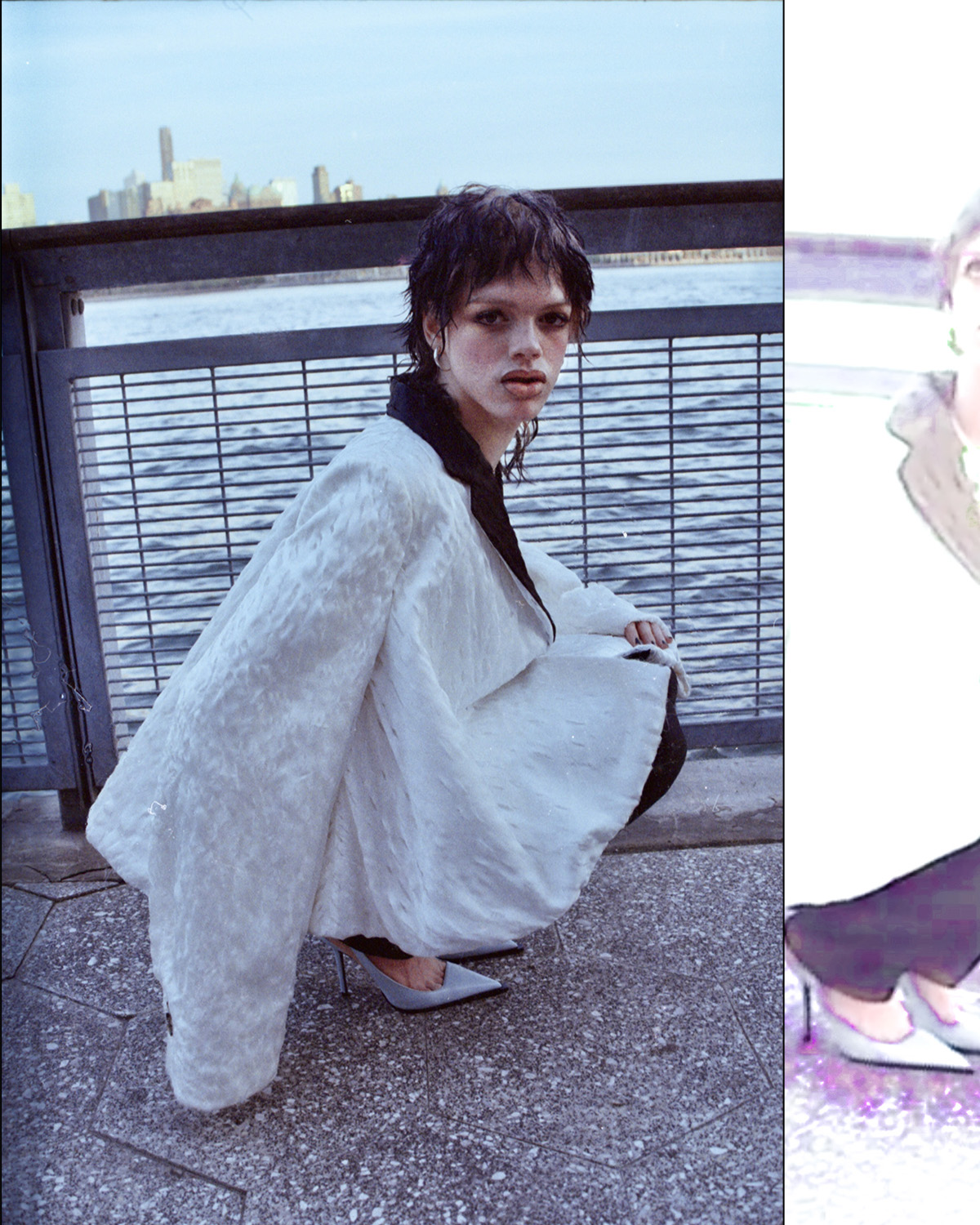
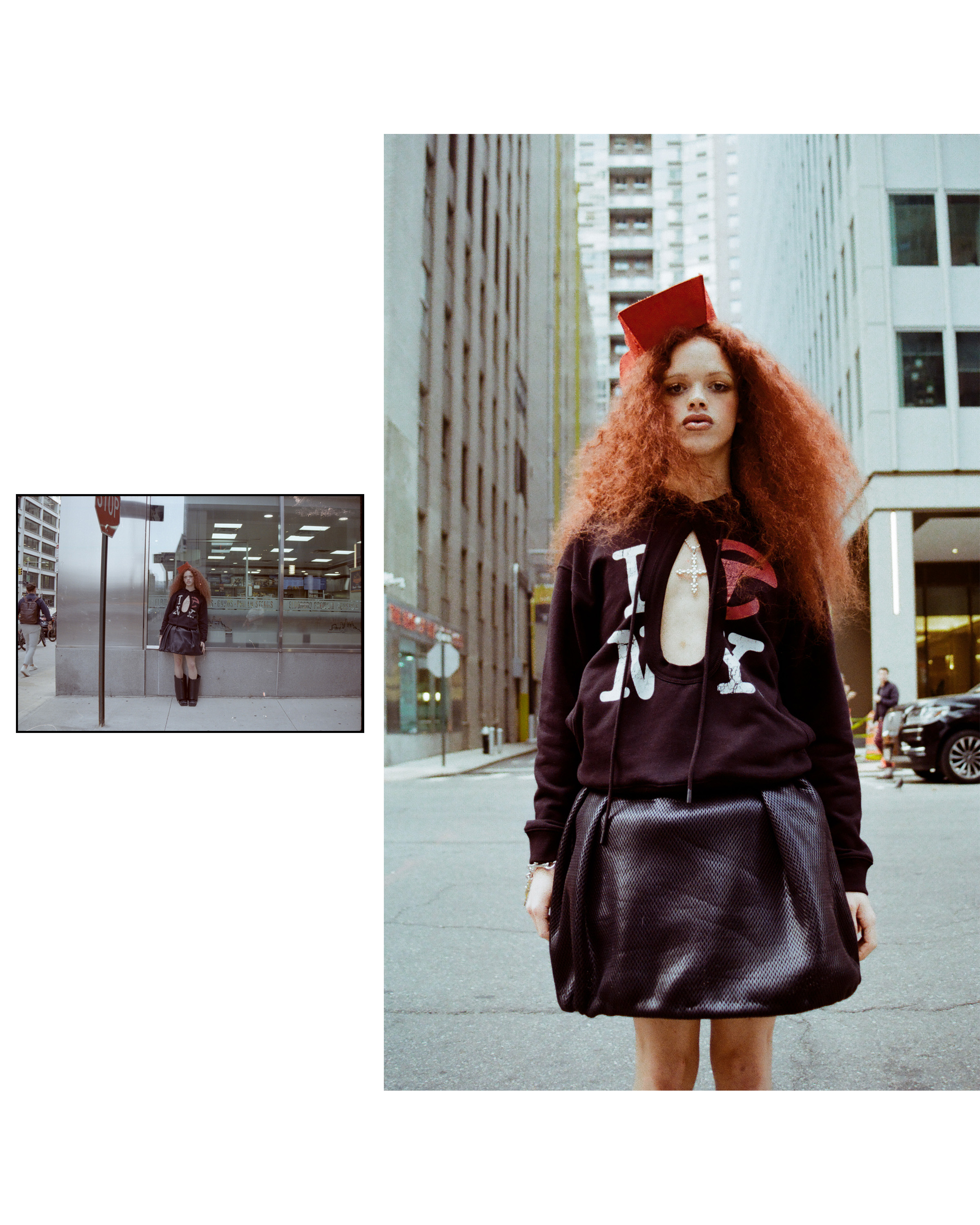
LEFT: CORTISA wears JACKET by LOEWE, PANTS by LOEWE, JEWELRY by MARTINE ALI, SHOES by DAVID KOMA.
RIGHT: CORITSA wears HOODIE by TELFAR, SKIRT by ISEDER, NECKLACE by MARTINE ALI, BRACELET by VAQUERA, SHOES by GMBH.
You've been everywhere since the beginning of the year. You've walked Miu Miu, you released your first EP, E.M.O. (EVIL MOTION OVERLOAD), you’re doing all of these fabulous editorials and interviews. What's kept you grounded since you started taking off?
Honestly, my dog. Every time I'm out, I'm like, I must return home to my dog.
How old is your dog?
He's turning six this year. July 24th. July 24th.
Birthday on hand!
Yes.
I have an elderly cat, and it's the same thing. I'm like, I got to go back to my cat. Whatever it is, it doesn't matter. I just got to go back to him. That's my son.
Yes, my dog is my child.
Did you always know you were going to be a star?
Honestly, no. My friends and family say they always knew, but I never planned any of this. Somebody flipped a rock and my timeline was changed.
Sometimes you've got to just let the universe take you!
It's taken me!
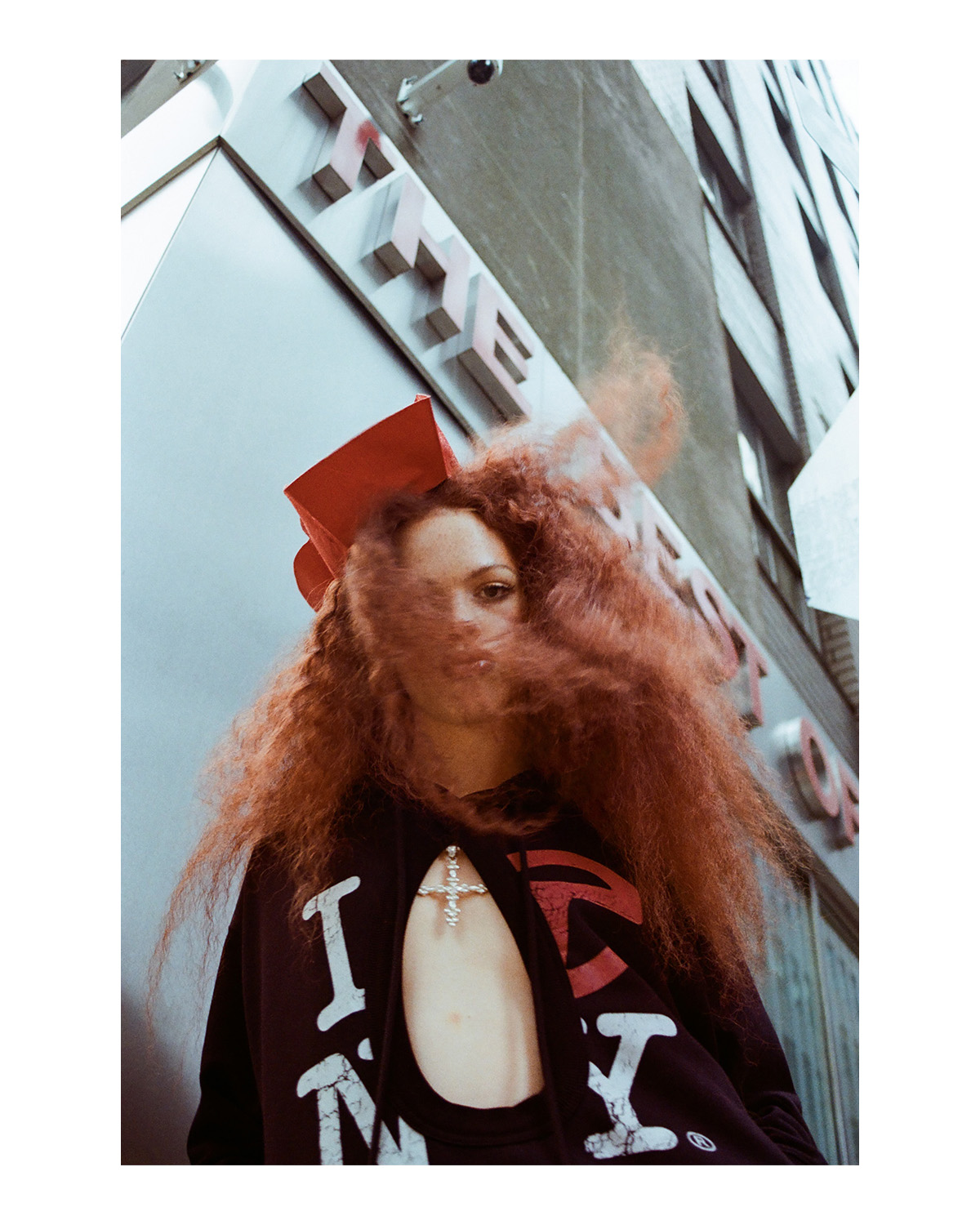
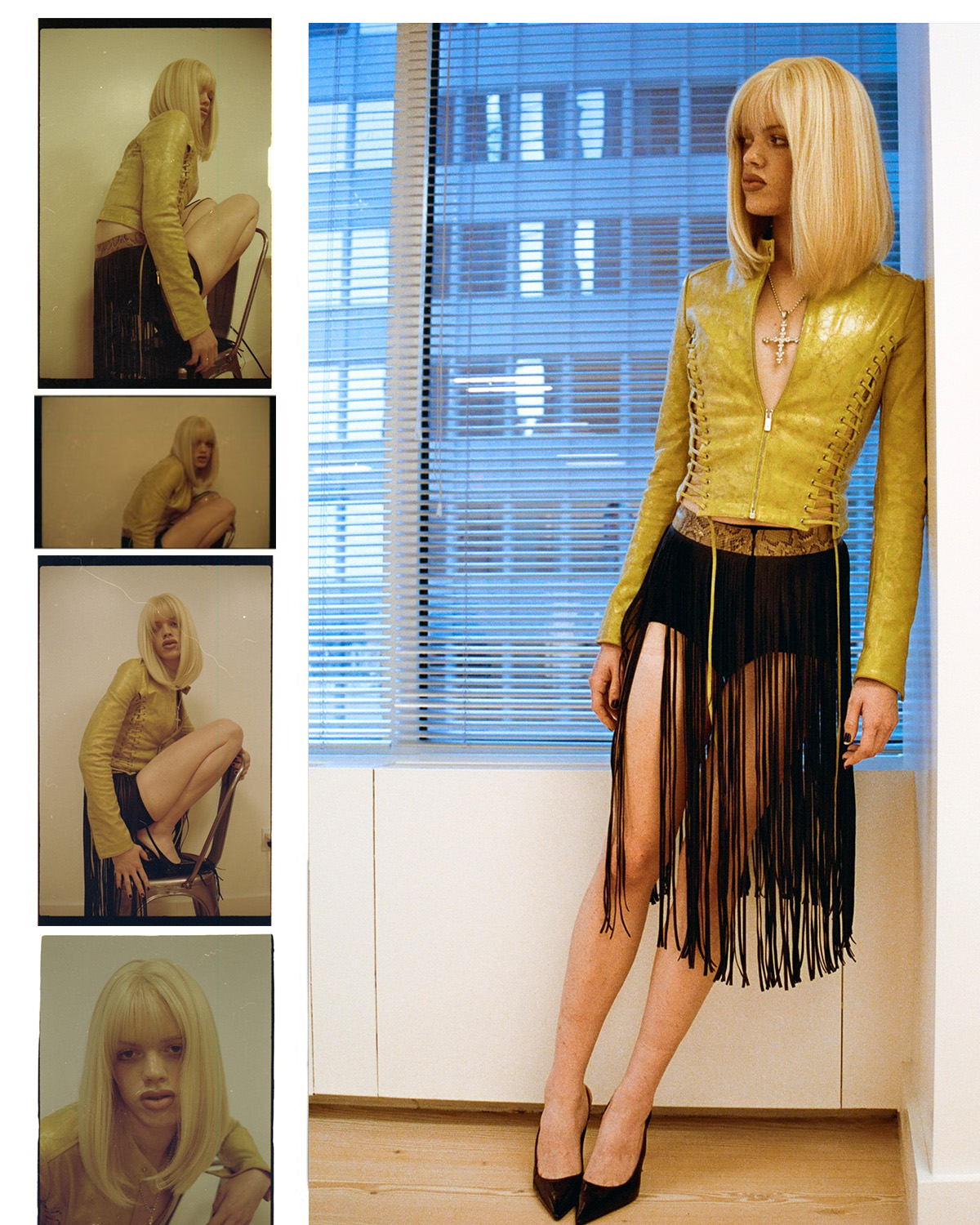
LEFT: CORTISA wears HOODIE by TELFAR, SKIRT by ISEDER, NECKLACE by MARTINE ALI, BRACELET by VAQUERA, HAT by MARNI, BOOTS by GMBH.
RIGHT: CORTISA wears JACKET by BLUEMARINE, SKIRT by KIM SHUI, NECKLACE by MARTINE ALI, HEELS by PARIS TEXAS.
Okay… You were wearing this amazing shirt on set. It was a furry shirt. You mentioned having garnered a lot of support from the furry community, and then this past week you performed at a furry party, right?
It was Furry Week in Atlanta, and I was performing at their rave.
Furry Week? That's iconic.
It was really awesome. My sister drove me 10 hours to Atlanta and 10 hours back just to make it to the show.
What did you do? How do you spend 10 hours in a car?
We just talked. I slept a little bit. I love a road trip.
Getting lost looking out the window.
Exactly.
What would your furry persona be like?
I actually do have a furry persona. It's a pink Canadian lynx with a mean blonde bust down. She's real high fashion. She's chic.
What is she wearing?
She's in full Miu Miu. Trust.
Have music and fashion always been parallel interests of yours? Do you feel like they influence each other?
I have always been very into both. I grew up playing the tuba, I started when I was 10. I loved music. I loved fashion, but it was hard to express myself in Delaware because the people here are crazy.
How does it feel being there now?
Honestly, every time I come here, I feel claustrophobic. But I mean, it's pretty— I like the beach, the farms. It's cute. Something sweet for the kids, I guess.
Right. If you had to make a mixtape to send to somebody that you love, what top three tracks are making the cut?
A song, 'COSMOS' that’s unreleased. I'd probably make a song called 'IN LOVE ASF', because I have the [EVIL and BAD] ASF, and then maybe something corny, I don't know. I never really thought of making love songs.
Would you throw in a song that's not one of yours?
Oh! Let me check my Spotify. That’s a good question… I’d do 'Look Back At Me' by Trina.
Where do you see yourself five years from now? Do you have any specific goals?
I want to have a bunch of land, with donkeys and chickens, and a ranch as far away from civilization as possible.
Where would that be?
Maybe West Virginia? I don't know. There are some cute spots out there.
I love that. Just take care of the animals—
Then pop out of the city every once in a while.
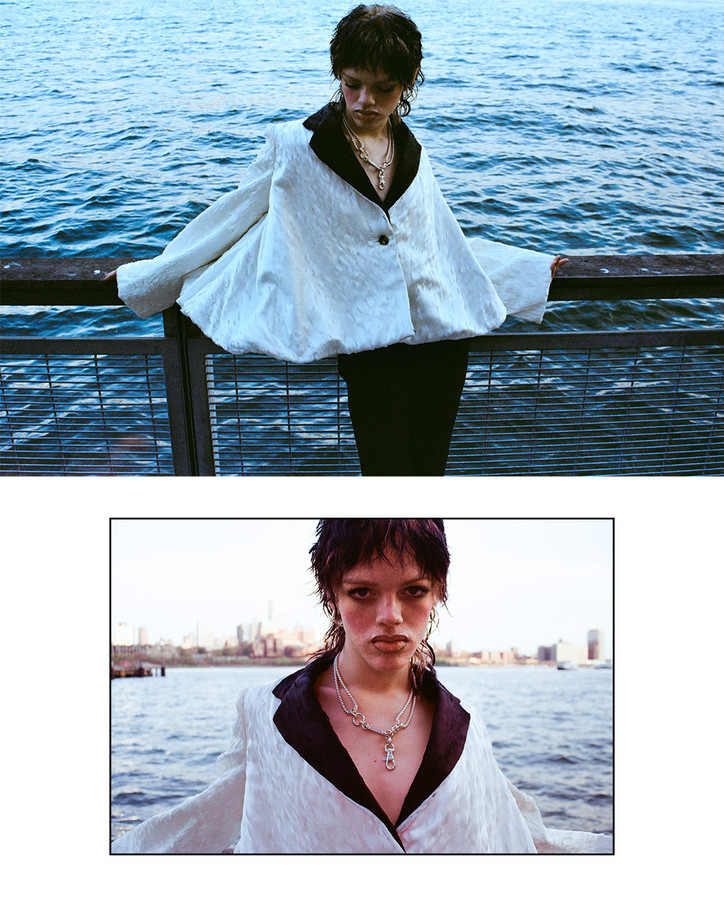
CORTISA wears JACKET by LOEWE, PANTS by LOEWE, JEWELRY by MARTINE ALI, SHOES by DAVID KOMA.
Exactly! Do you feel like there are any big goals you have set for yourself that you've already met?
The Miu Miu FW25 runway was one of my big goals. At the beginning of the year, I wanted to travel and leave the country. I was like, "I want to go to Europe by Spring," and it happened! Thank you, the universe, it happened.
It's the rock thrown into your timeline.
The rock was flipped! The E.P. too, definitely. I wanted to release something like this for a while.
How do you feel having it out in the world for almost two months now?
I feel so happy. It has gotten a pretty good response, and I've gotten good criticism that I'm taking notes on. It makes me excited for everything I'm going to make in the future.
Do you ever struggle with the criticism?
I mean, I take notes! Sometimes people are a little aggressive— they’re just being rude. But if it's genuine criticism and things that I can improve on, I'm always going to open my ears.
One hundred percent. I love that.
Ate that.
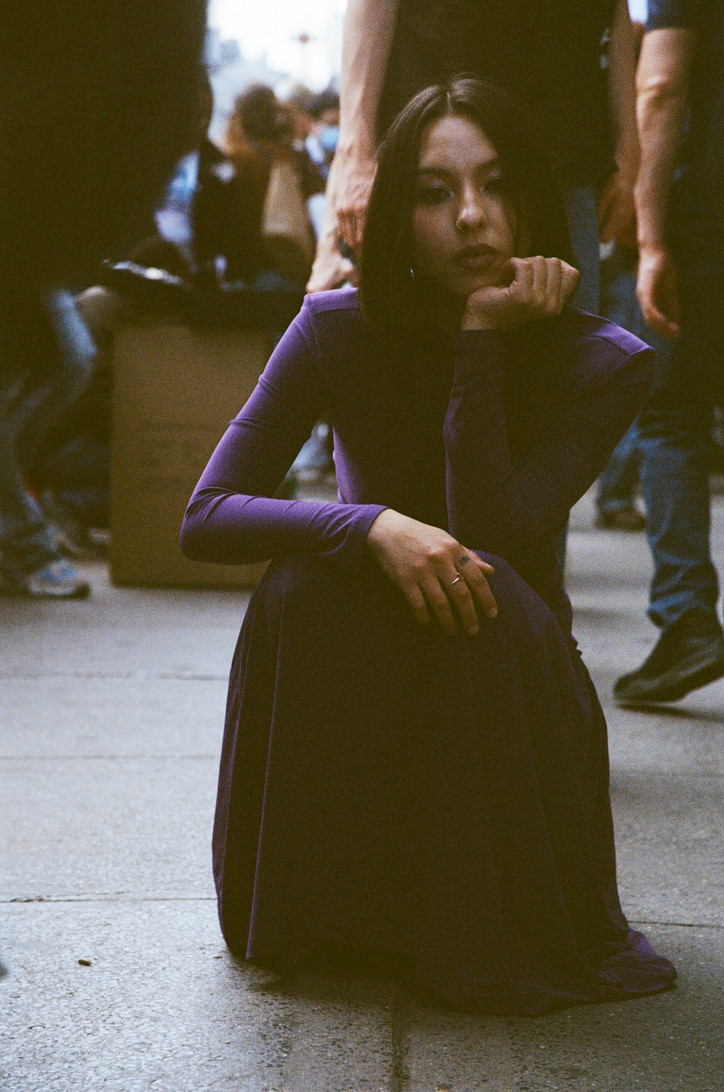
Office sat down with Lumia, who dialed in from her New York apartment. She lit a fresh cigarette and began to smile when asked to reflect on how the arts shaped her adolescence.
You started off creatively with photography and then got into modeling and content creation. But what was the turning point that made you want to start DJing and putting yourself into that musical world?
Since I was about 14, people have been telling me I should do it. I had free time one summer and I was like, 'I guess I'll just learn it and see if I like it.' Then everything kind of fell into place really quickly, and I started getting booked on a bunch of stuff. So it honestly just felt like I was doing the right thing because so many things were happening organically. It just started moving really quickly on its own. I've always loved music, so it felt right.
Especially with creative pursuits, I think when things fall into place, it's for a reason. How do these other creative endeavors that you take on supplement your DJing and music curation?
Before I was DJing, I understood myself as an artist. So when I started making music, it kind of just fell into the umbrella of another medium for me. I went to Cooper Union and they teach you how to make anything there. It's visual arts-heavy, and I picked up other mediums outside of photography. I really like to make sculptures, so I feel like I'm very open to experimenting and making anything. Music was just another facet to that. But it definitely feels different than all the rest of the mediums. I think I picked it up really quickly, though, from already having that artistic background.
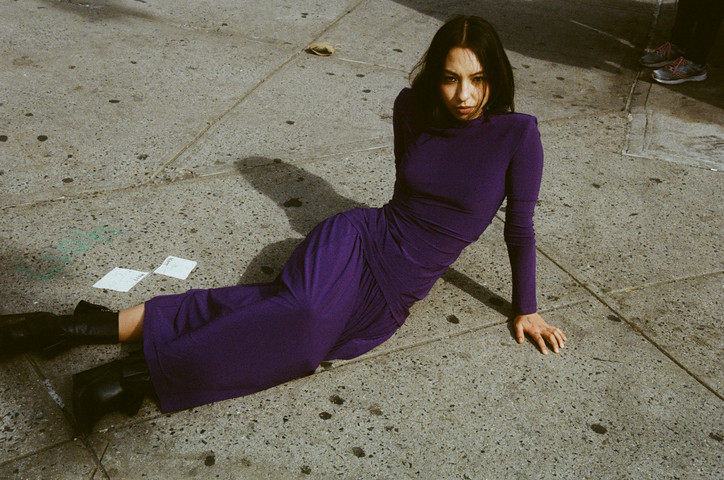
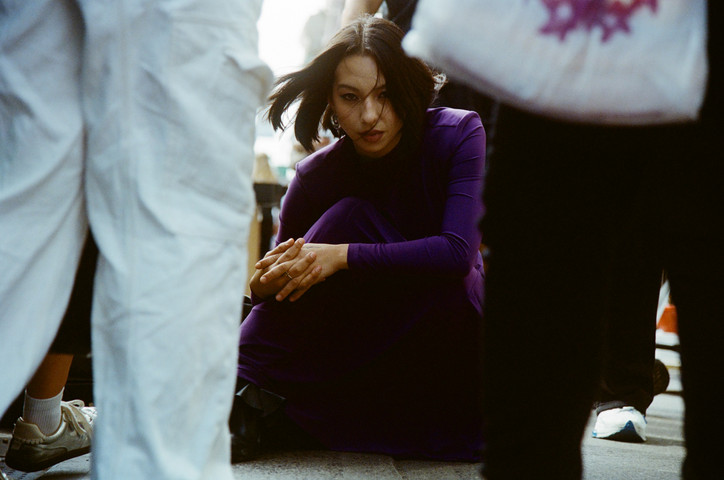
You were mentored by Petra Collins. Her artistic vision is so unique and distinct. What are some valuable lessons she’s passed down to you?
I mean, she's literally the best. She was my mentor for maybe three years and I did all of her lighting for a really long time. She was kind of the first person who really believed in me. I met her when I was 16 and she was 23, and her career was starting to get really big at that time. It only grew bigger over the time that we were working together. She showed me that I could do photography for a living. I learned how to be on set with her, and she's just such a powerful woman. I feel like everything she touches turns to gold. She's definitely a role model and an inspiration. It was just really cool to know that someone like that believed in me.
Having a mentor can be so important in this type of work because there truly is no blueprint. Maybe there are certain instructions that you can follow, but that journey will look different for everyone.
It was such a blessing. I feel like I owe so much to her; it was such a pivotal, integral part of my life and my beginning of working in the fashion industry. I truly think she's one of the best people ever.
Some DJs have this character that they shift into when they take the stage. Do you feel like you have a DJ persona or a certain energy that you embody before you perform?
I haven't really thought about it too much, but the thing that I have thought about is how natural it's always felt to be up there. And I think that transition into DJing and being in front of a bunch of people is actually connected to my experience with modeling since they're both performative and audience-facing. When you model, a lot of the time, you'll be modeling in front of the photographer, and then you look up and there are 20 other people surrounding you, watching you do your thing. After doing that for so long, I just became comfortable with being watched.
With photography, you show your work, and the intention is for people to absorb the things that you put out there. Someone else is usually the subject. How was that shift going from something more voyeuristic to something so audience-facing?
The reason that I started modeling was because Petra started putting me in her shoots occasionally. There was one Adidas campaign that she ended up putting me in, and it was the first time I was doing a serious commercial job. I didn't even know that I could model until she started casting me in things. People just started hitting me up to model after that. So it was unexpected. Then there was a learning curve, but you can pick it up pretty quickly.
The track, "Numbers," is very Y2K-inspired. That era is very referential for people our age. What parts of that era, stylistically, continue to influence you?
I had a very specific vision for that music video. I really wanted to have all of my friends styled in Juicy Couture tracksuits because I have a really crazy vintage Juicy Couture collection. I have over one hundred pieces. It's really psycho. So in the video, all of my friends are kind of a version of me. I had all of them using flip phones, so it did end up being very Y2K. But I had them all using flip phones because I use a flip phone on my days off. I really don't like my iPhone, which a lot of people don't know. It's just a very private side of me.
I'm obsessed with that concept. And I'm super invested in this Juicy Couture tracksuit collection now, so I want to talk about that [laughs]. Why did you decide to start collecting them?
During COVID, my sister was wearing one, and I was like, 'What? That's fire.' And then I ended up getting one because she's my big sister and she inspires me in every way. I got one, and I put it on, and I immediately wanted another one. Then I had four Juicy Couture tracksuits, and then the collection just never ended. They're just really cute and really easy. You don't have to think about anything. You just throw them on and they look good. They're really flattering, too. I'm missing a brown and a gray tracksuit, but other than that, I have all of the colors.
Do you have any of the old jewelry? I used to be obsessed with the charm bracelets when I was younger.
I remember those. I haven't gotten into the charm bracelets because I'm really scared that if I get into them, I'm gonna have to buy all of them [laughs].
How does your personal style align with your musical style?
It's definitely, in a way, an extension of me. But maybe it's more crafted with the music stuff. The upcoming music video for "My Boy" is a good representation of how I want to come across as an artist, in terms of my style. The really boyish, masculine side of me is definitely something I want to start to portray with my music stuff. But not all the time. I think the juxtaposition is cool. I could wear a really cute, tight dress, and then I could also wear giant, baggy skater boy clothes. I definitely want to incorporate that mix of styles into the visual branding of my music. Usually, when I'm performing, I'll go to either end of that spectrum. I'll either wear something nicer, like a dress, or a cool vintage graphic tee.
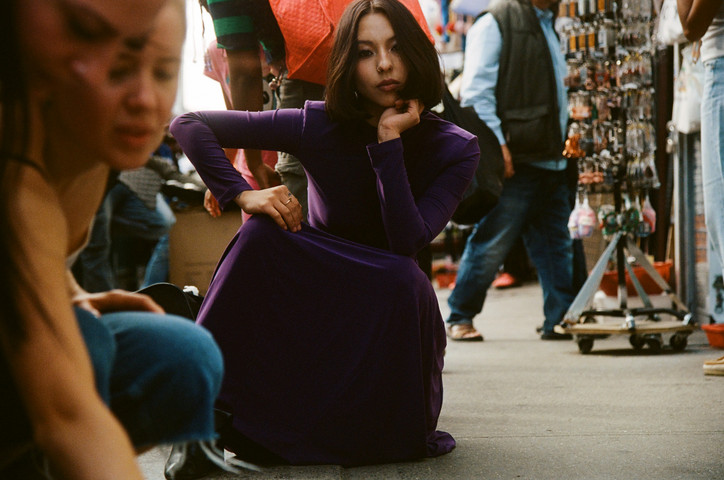
I want to hear more about the song "My Boy" — what it's about, the inspiration, and how the video mirrors that.
Well, I dated a guy once upon a time who really liked to party. We dated for like two years and I really wanted to make a song about the fact that he loves to party. This one is really special because, for a while, I was just producing these house tracks, and I wanted to figure out how to put my vocals on a song. It started with some talking vocals. And then I ended up singing. It was the first time I used vocals like that, and now I've continued to. In terms of the video, I worked with the director Roi Cydulkin. And then my older brother, Jason, helped to creative direct it too. They helped come up with the concept and make it real. The concept involves me on this construction site, and I keep waking up over and over again. As I wake up, each place gets more and more degraded. And I have this ghost boy following me all throughout the video.
Do a lot of people from throughout your life find their way into songs? What are you usually inspired by?
This one was very specific. For the most part, the way that I come up with songs is I'll have the idea for a song first. The concept comes to me loosely. For example, the song "Carmen," that's out now, samples this classical song. Because I just had the initial concept to make a track based on a classical song. I have a song coming out soon called "Kite" — that was just because I really wanted to make a song called "Kite." So it always just starts with an idea.
Where do you hope this takes you in the next year? Is there anything that you want to do, musically, that you haven't done yet? Maybe it's a concept or a specific sound?
The EP is going to come out in June, so I'm really excited to see how that's received. I'm excited to see how my singing tracks are received as well. Then, in terms of more ideas, I definitely want to continue using strings in my songs. I love strings; there are a bunch in "My Boy" and there are also a little bit in "Heartaches." I'm really inspired by classical music in a weird way, so that'll continue to find its way into what I make. I really want to make a song about a t-shirt and a song about breaking other guys' hearts. I have a running list of ideas that just randomly come to me. I'm also constantly working on the visuals for each release, so there are more of those to come as well.
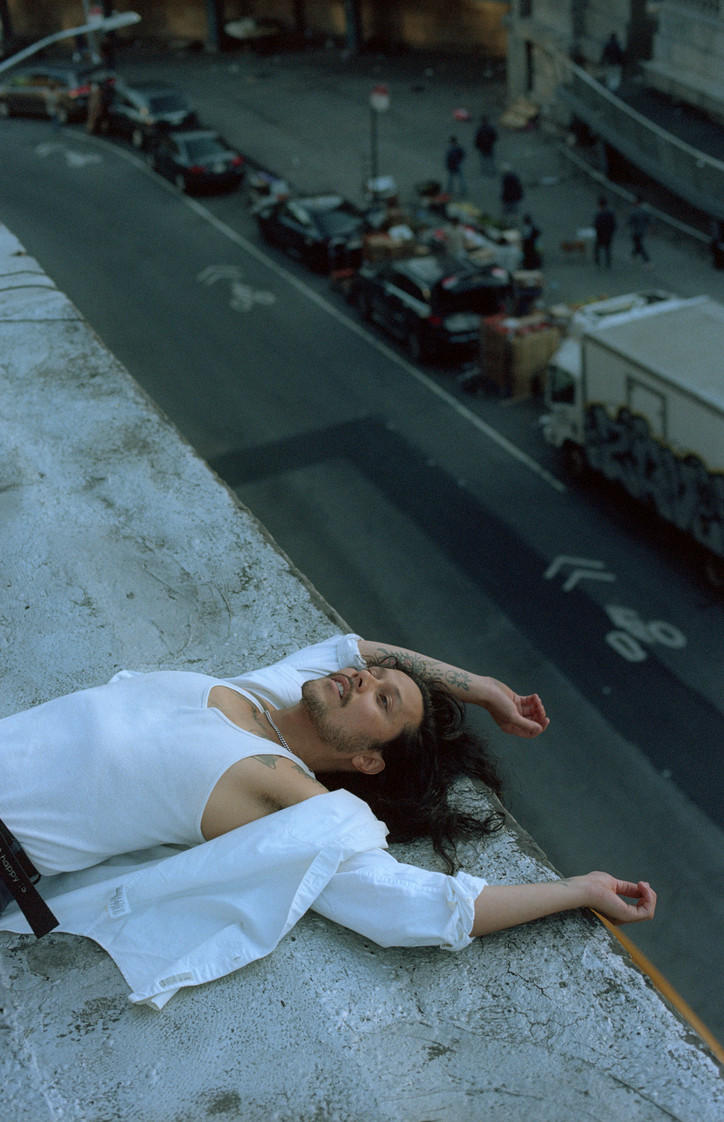
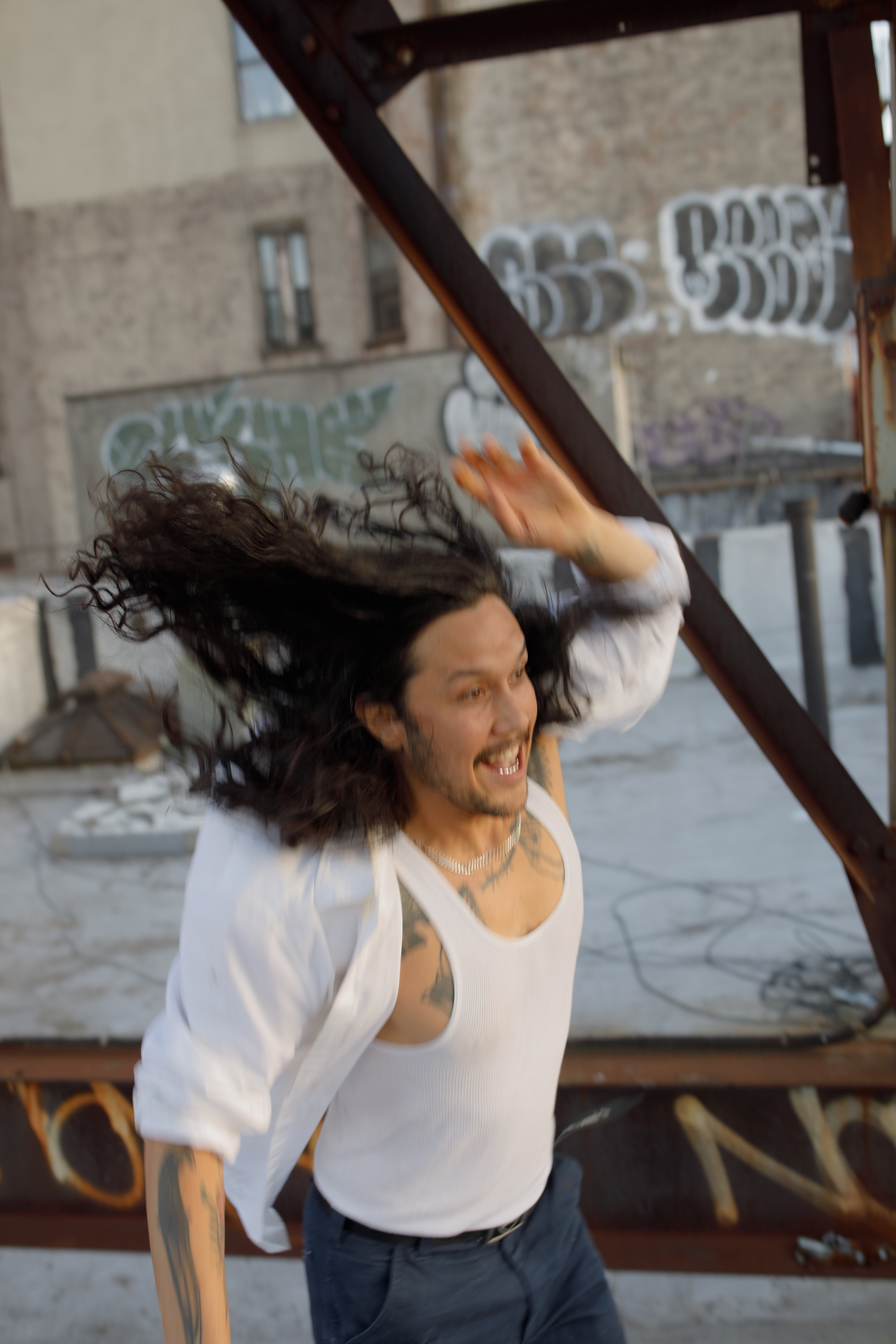
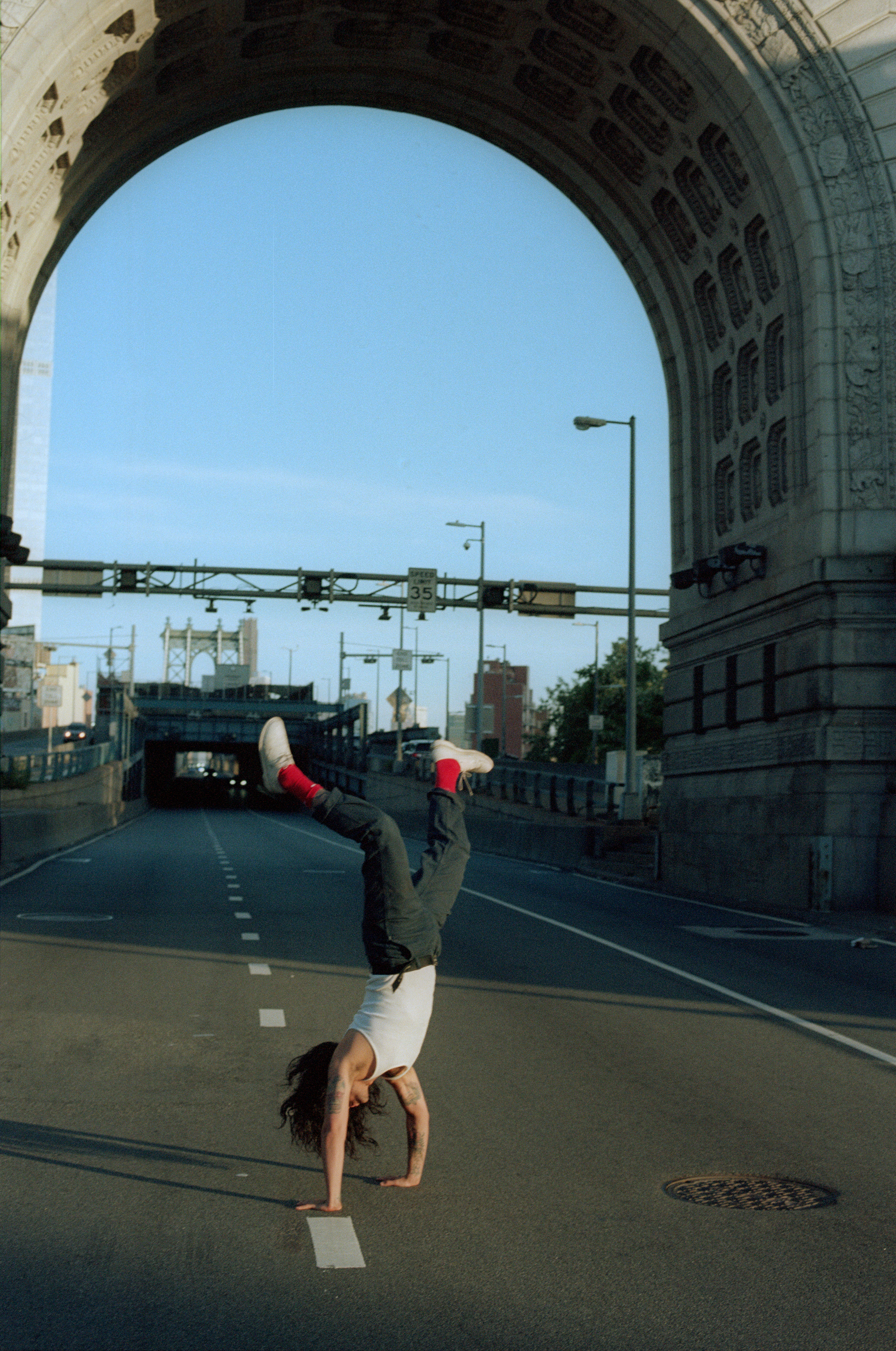
The song and video for Only Broken captures the energy you feel in the audience at your live shows. How do you infuse your music with the aliveness of your performances?
I find comfort in the fragility of words. Poetry feels alive to me. Finding rhyme and rhythm in the studio to a simple beat, a chant, a simple line that echoes my day: “I’m not dead, I’m only broken”, which is a line from the verse in the single. I would say this in conversation after tripping on the sidewalk to friends, “I’m not dead, I’m only broken.” falling overboard, out of sight “I’m not dead, I’m only broken” after a late night out, scrambling to find any sensible words combined/sunrise. You get the meme. I need to stretch more, “sigh” I’m not dead…
The live show is a play, a performance. Part of its nature is humor. Through serious ideas. From studio, stage, to video. I find expression playing all mediums as the message.
Only Broken is about mortality and the ephemeral nature of life. There’s a similar fleetingness to performing something live…
This is why I love the live performance, the songs can repeat but the energy cannot. It’s a test of endurance. A sacrifice. A ritual. A little bit of me dies each time, out of pure exhaustion, vomit, extreme outer body exposure, yet I feel ageless and somehow stronger and stronger.
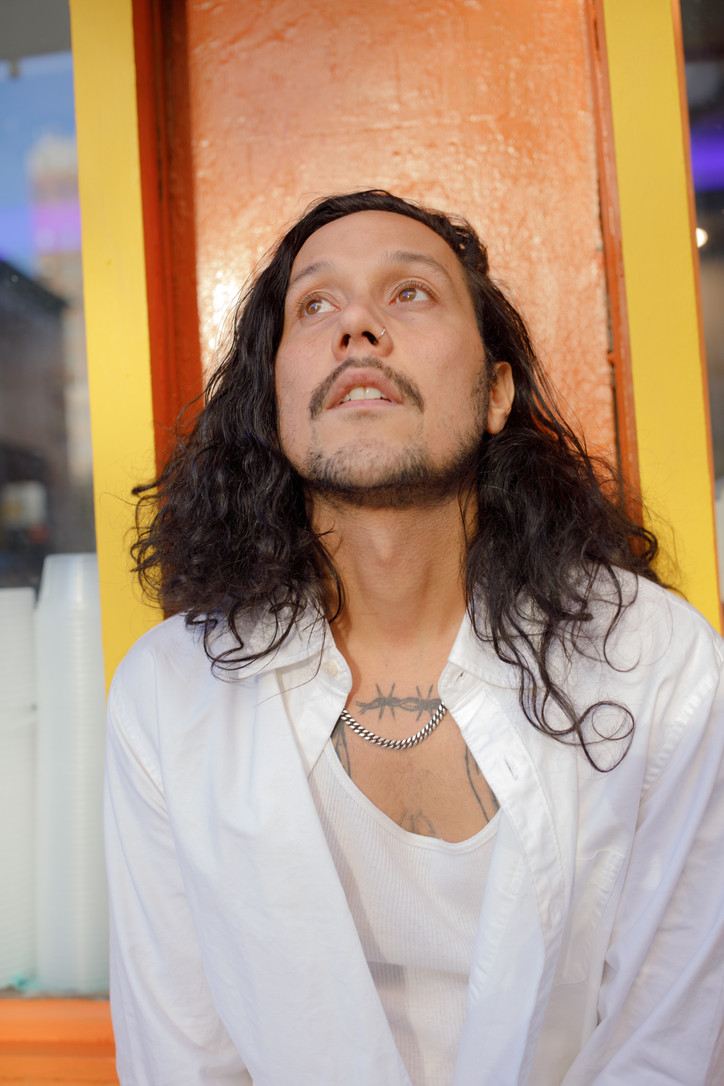
Michelle Lamy once said,“I follow a flow of attraction and try to make a living out of it.” Which is the best way I’ve heard someone describe making art.
I follow a flow of pain and sorrow and try to make a song out of it [laughs] and let the fortune of life attach itself. People try to give me advice all the time, especially when it comes to right brain financial jargon. And yes, I would love the money tree to spill into my pockets, but it’s only ever when I’m following my gut instincts that I feel truly artistically and mentally satisfied.
There’s been a long conversation about how the physical will become more precious as more of what we consume—art, music, fashion—becomes AI generated. I tend to think it’s easier to replicate human happiness than pain on an emotional level. Do you think there will be a premium on pain in the future?
Wow, let me ponder this for a moment… I do think we need to come back to truth in human interaction. Offline awkwardness at its best. Debate, sharing of objects and ideas. We’ve been too safe, too vicarious, for too long, word spewing all over the internet with no accountability. I do think we are in the early stages of the death of the internet (as we know it). Playing around with AI feels about as trial and error as early programs from the 90s first chat rooms, buggy games, a little like early Microsoft paint. We just can’t yet see its limitations. Like early cgi. Some things feel a little off, some a lot. I could never fully buy totally into cgi as I felt I was looking at predictable 0s and 1s with no room for imagination… There’s the warm verisimilitude of an animatronic puppet, then there’s the cold simulation of much of AI. Although Ai mixed with imagination is pretty exciting. Content has become very meta. And I love meta! But in warm blooded life we can be meta with each other. “I’m not dead, I’m only broken”.
There is already a premium on pain, just come to a show or any show of an artist surging through 2025, and pain is always there. Even the most pristine pop show, dancing in heels is pain. I just explore it openly. Pain, fragility, rage, the beauty of mistakes. Also, I burnt my hand this morning on a boiling pot of water. Not so premium pain.
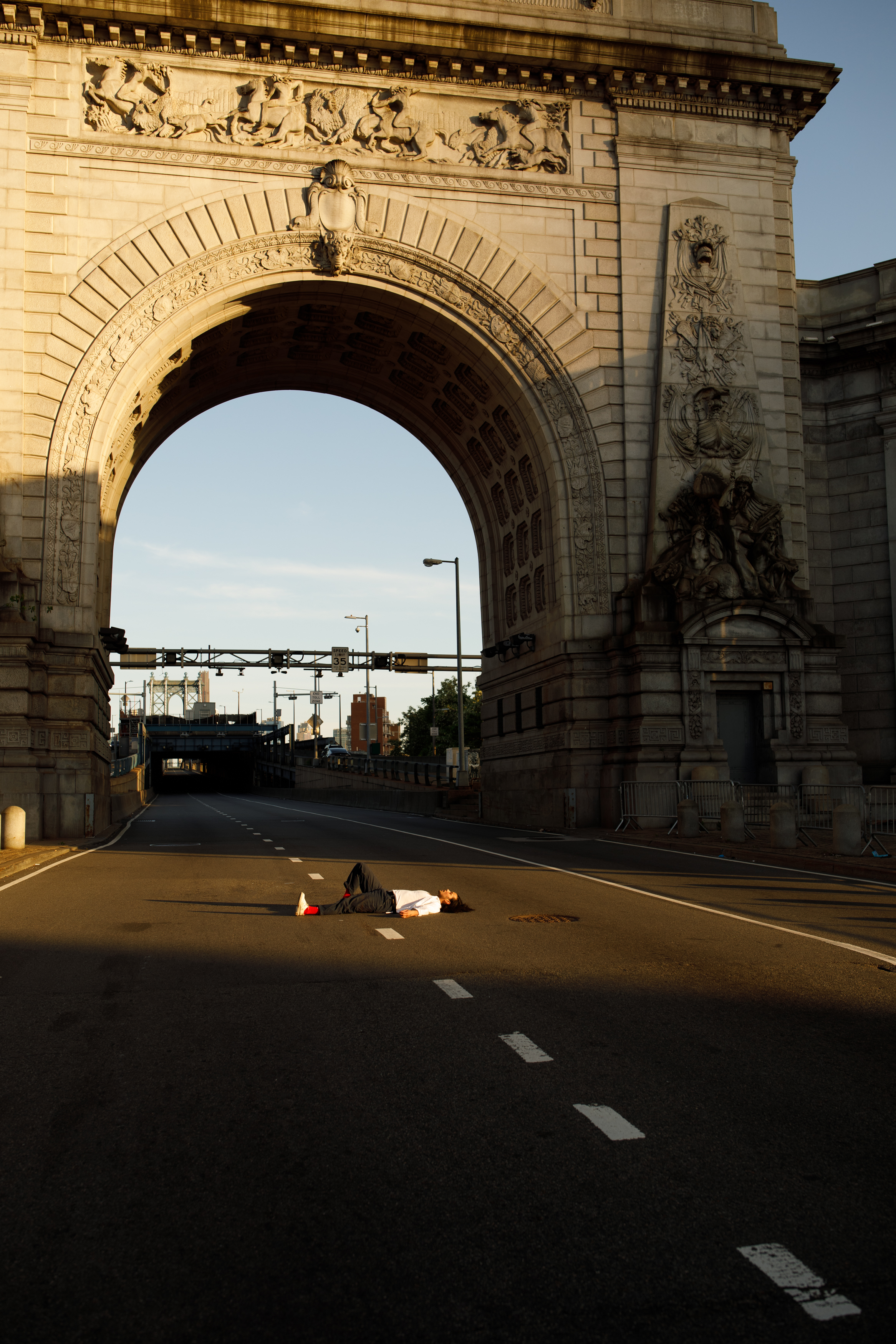
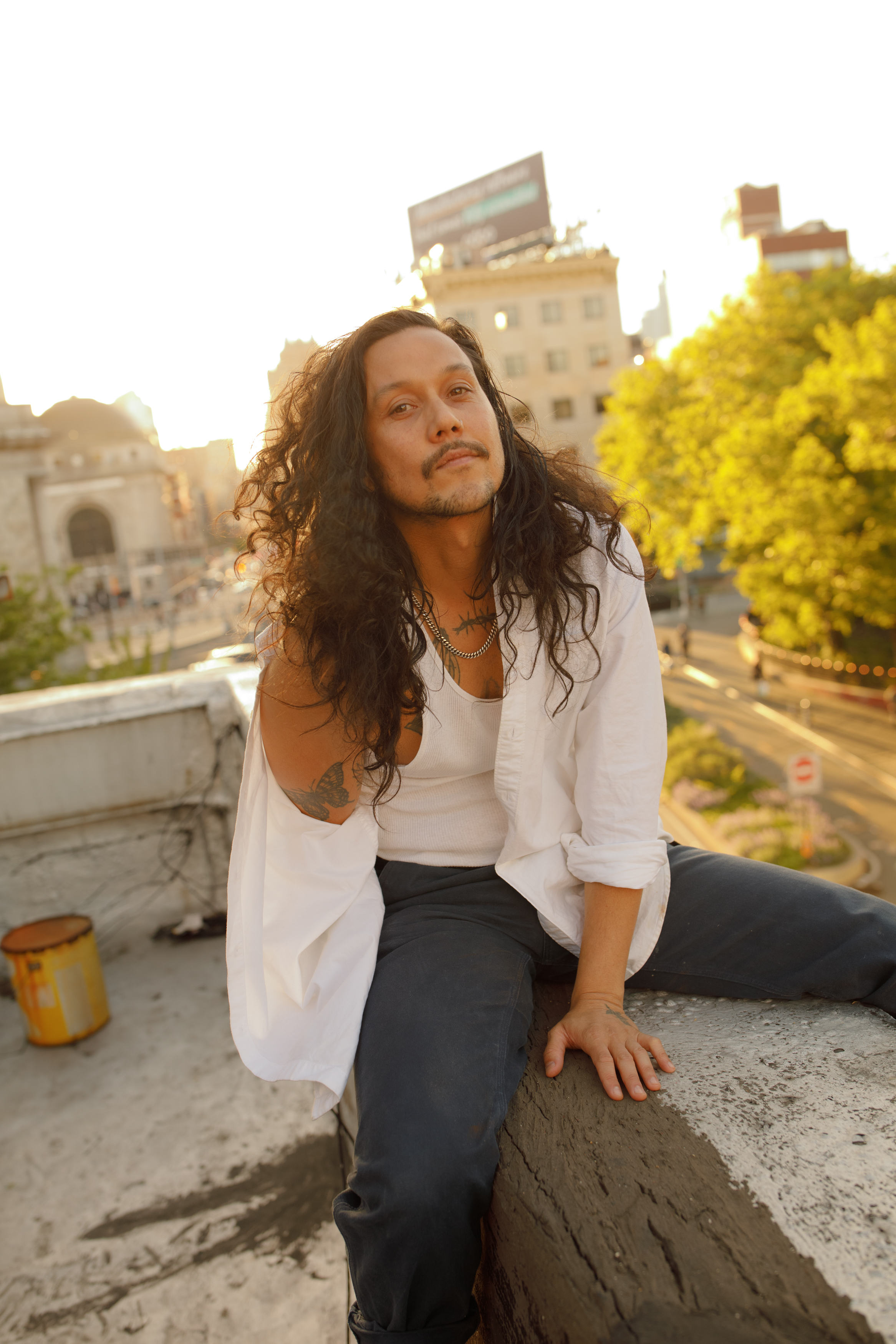
What’s your favorite movie with a non-happy ending?
Donnie Darko. (Though there are so many angles).
Love erased !
Love erased !
Love erased !
It so deeply hurts that at the end of the film Gretchen doesn’t know who Donnie is. But there is so much comfort in that too. There is comfort that in some timeline their love did exist and maybe that’s enough for the viewer, and for love in general. Love in life for me feels just as fleeting. Like a dream where you really get to know someone, but wake to find that you’re two strangers un-entwined physically.
What would Only Broken look like expressed as another medium?
App Name: Only Broken
Tagline: “I watched a thousand memories fade away.”
Core Concept: Only Broken is an emotionally intelligent AI app that scans your phone’s media, photos, videos, voice notes, texts and weaves them into deeply personal, dreamlike memory sequences. These aren’t albums or timelines, they’re poetic reconstructions. Sometimes they’re truthful. Sometimes they’re lies you once believed.
The app doesn’t just organize your past. It narrates it